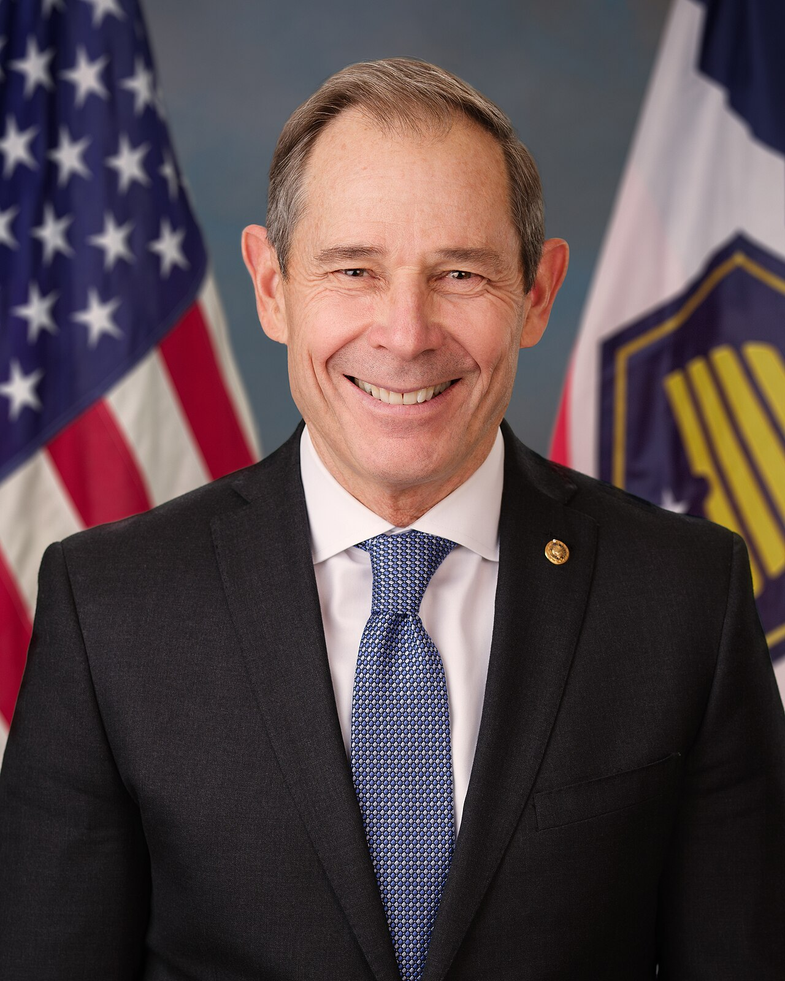H.R. 3449: Stronger Communities through Better Transit Act
This bill, titled the Stronger Communities through Better Transit Act
, aims to improve public transportation infrastructure in the United States. It proposes the establishment of a program under the authority of the Secretary of Transportation that would make grants available to eligible recipients for operating support costs, particularly to enhance mobility and environmental sustainability in public transit services.
Key Provisions
- Grant Program: The Secretary of Transportation shall create a program for making grants to eligible areas including urbanized areas, states, and Indian Tribes. The funding is to be allocated based on recent historical data from the National Transit Database.
- Funding Allocation: Each urbanized area will receive a grant amount equal to 50% of its average annual operating costs from the prior three years. Remaining funds will be distributed based on all reported operating costs from these areas. No single recipient can receive more than 80% of the average operating costs in any given year.
- Eligible Projects: Grants can be used for various operational costs to improve public transit, including:
- Reducing waiting times between transit services
- Expanding transit service areas and operational hours
- Improving service reliability and reducing travel times
- Implementing technology for customer safety and real-time information
- Enhancing connectivity among transportation modes and integrating payment systems
- Conducting service planning and demographic analysis for transit needs.
- Focus on Underserved Communities: The bill requires that the majority of grant funds are used for projects that benefit underserved communities and areas experiencing persistent poverty. This is intended to improve access to transit for populations in need.
- Federal Funding Share: The federal contribution for projects is capped at 50% but can increase to 80% for projects in areas of persistent poverty or for Indian Tribes, where it could be 100%. This allows greater support for regions that may struggle to afford transit improvements.
- Reporting Requirements: Recipients of the grants must report on service usage and community needs, ensuring that the projects meet the demands of both existing transit users and potential riders.
- Timeframe and Appropriations: The bill authorizes $20 billion annually through fiscal years 2025 to 2028 to support these efforts.
Measurement of Access
The Secretary of Transportation is tasked with creating a system for measuring access to jobs and essential services through public transportation, which will help in assessing the adequacy of transit services and identifying areas for improvement.
Compliance and Oversight
A comprehensive review by the Government Accountability Office (GAO) is also mandated to report on the effectiveness of the program four years after its establishment, specifically regarding service enhancements and access improvements for marginalized communities.
Funding Authorization and Scope
The scope of the bill reflects a significant push for increased public transit funding and operational support aimed at modernizing transportation systems and addressing the needs of communities reliant on public transit for access to jobs and services.
Relevant Companies
- CSX (CSX Corporation): This company operates freight rail transport and may be indirectly impacted by improved public transit leading to shifts in transportation demand.
- NiSource Inc. (NI): Utility companies like NiSource may see increased demand for energy and infrastructure services as public transit improvements are made.
- Berkshire Hathaway Inc. (BRK.B): Owns a diverse array of businesses, some of which may engage in public infrastructure and transportation, potentially leading to new business opportunities or partnerships.
This is an AI-generated summary of the bill text. There may be mistakes.
Sponsors
133 bill sponsors
-
TrackHenry C. "Hank" Johnson, Jr.

Sponsor
-
TrackAlma S. Adams
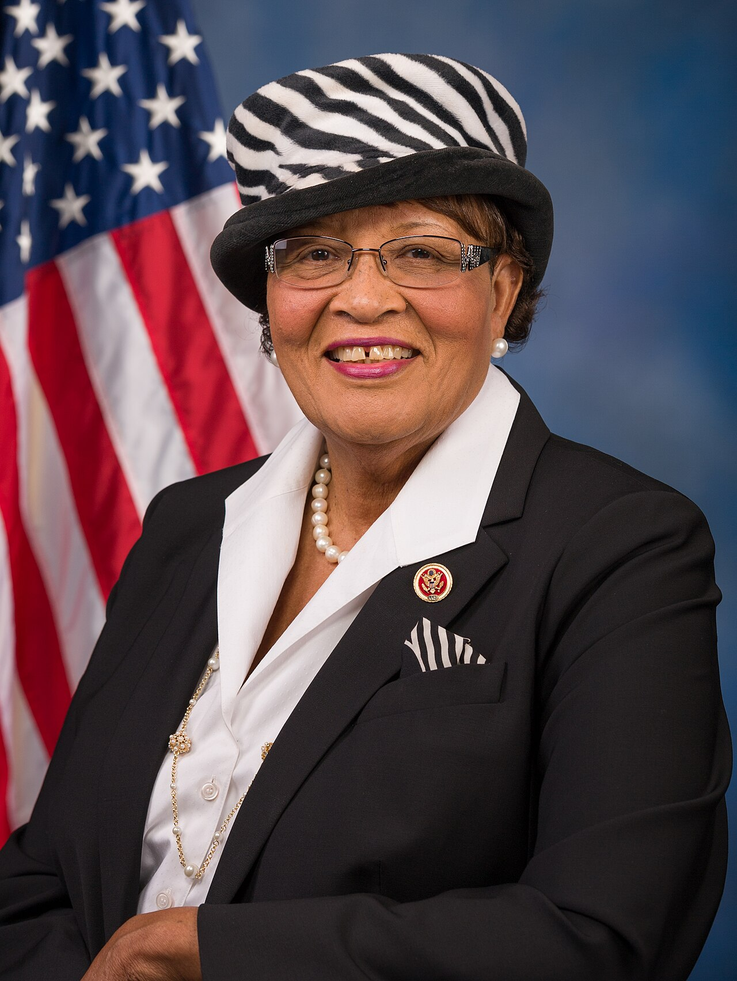
Co-Sponsor
-
TrackGabe Amo
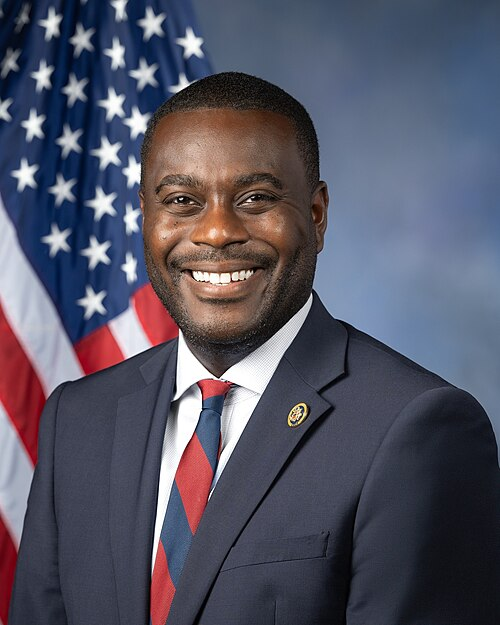
Co-Sponsor
-
TrackYassamin Ansari
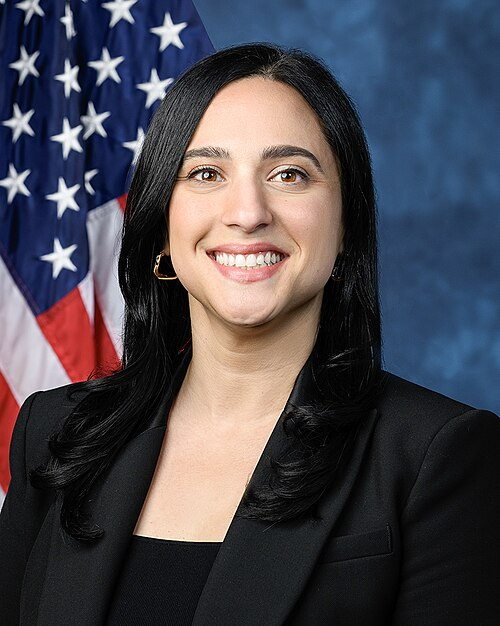
Co-Sponsor
-
TrackNanette Diaz Barragán
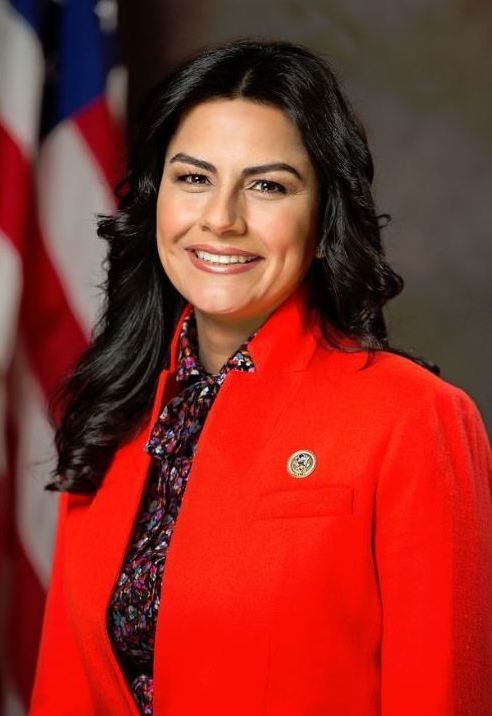
Co-Sponsor
-
TrackJoyce Beatty
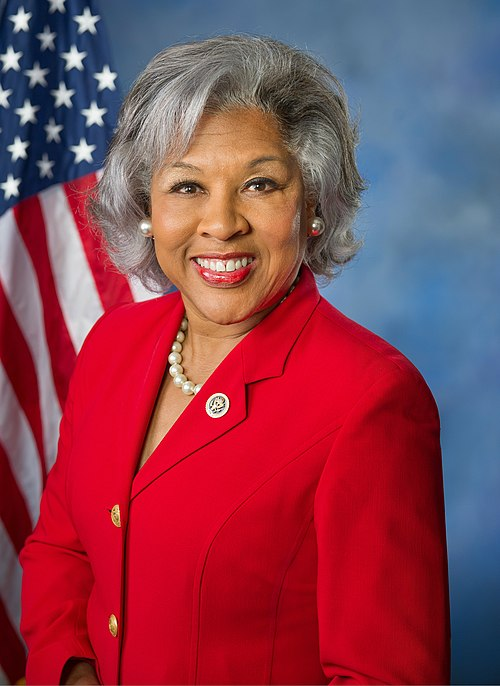
Co-Sponsor
-
TrackSanford D. Bishop, Jr.
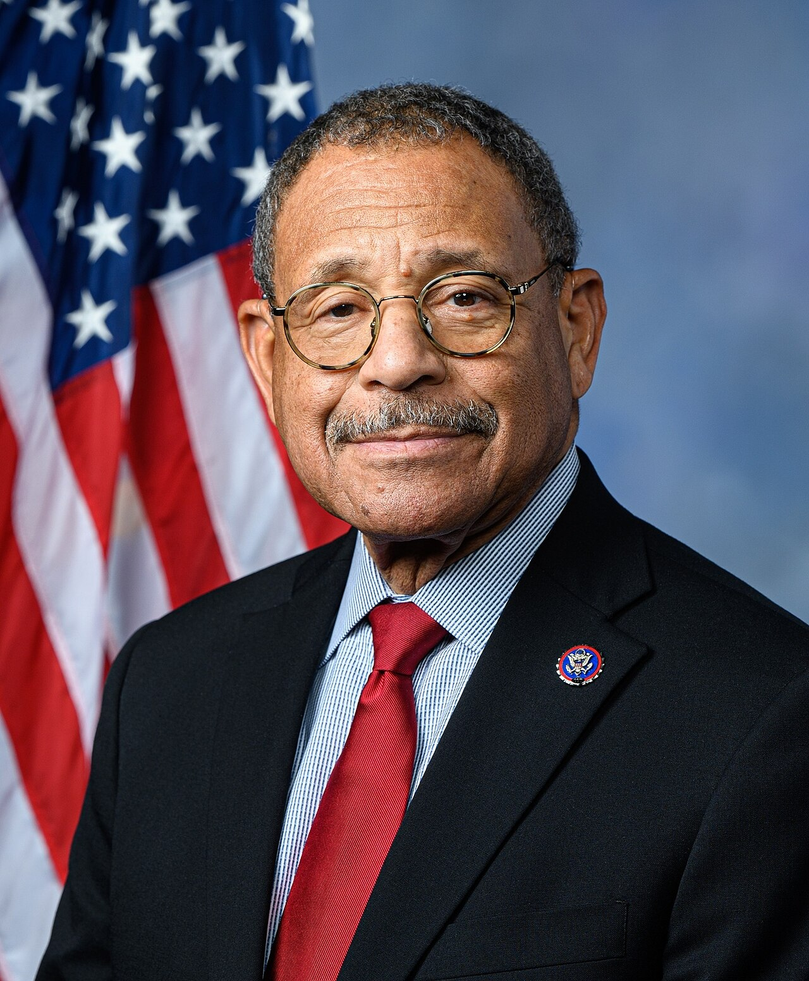
Co-Sponsor
-
TrackBrendan F. Boyle
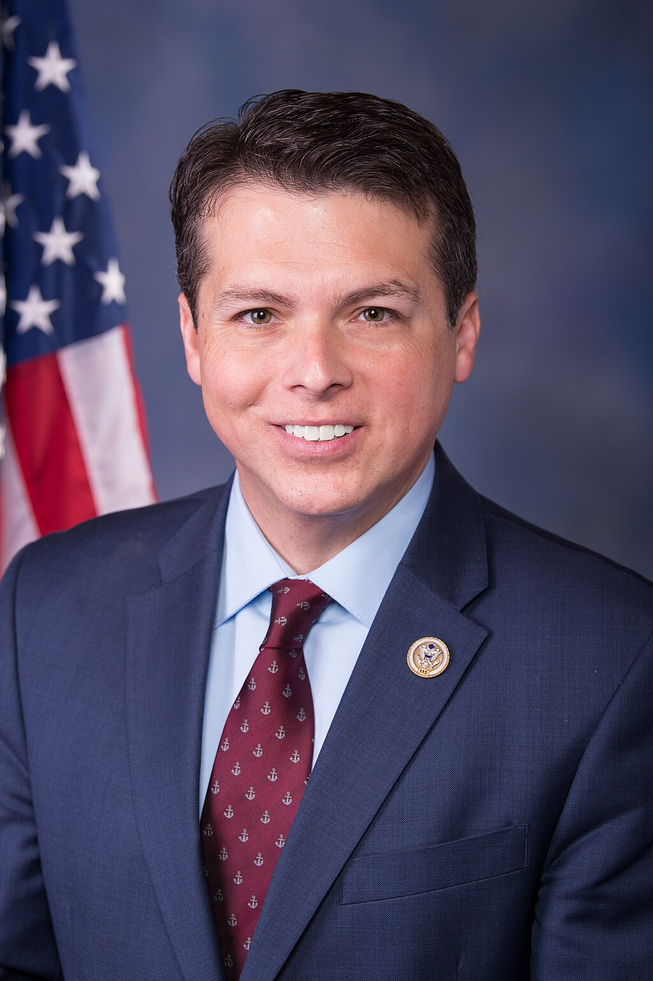
Co-Sponsor
-
TrackShontel M. Brown
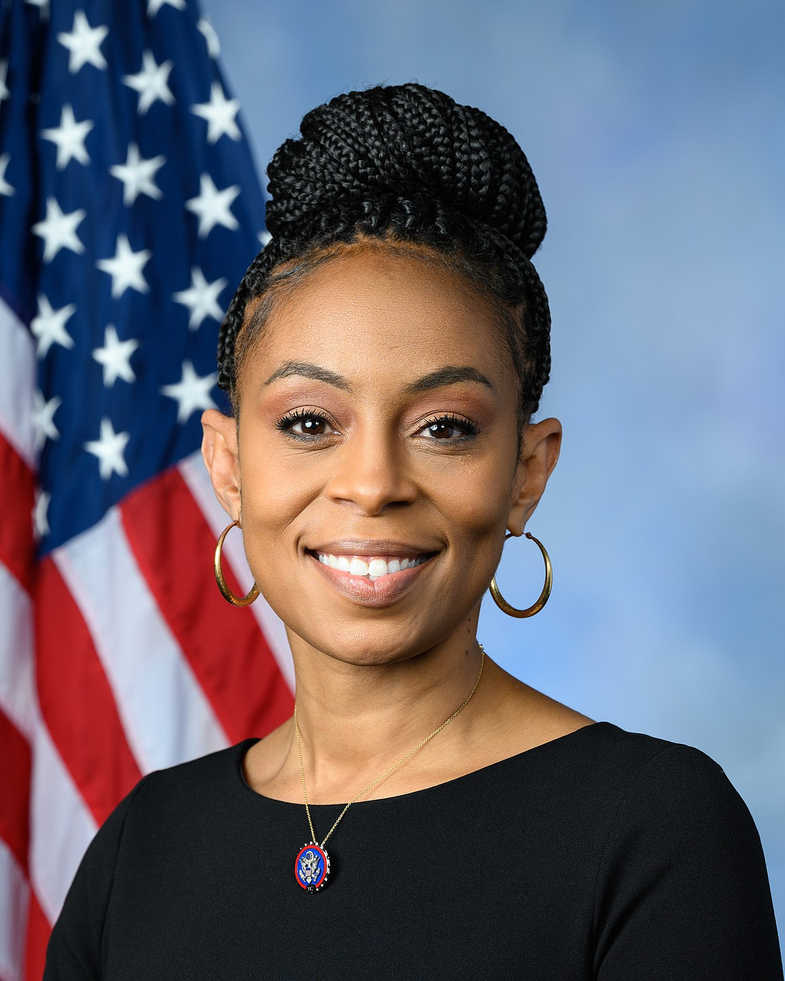
Co-Sponsor
-
TrackNikki Budzinski
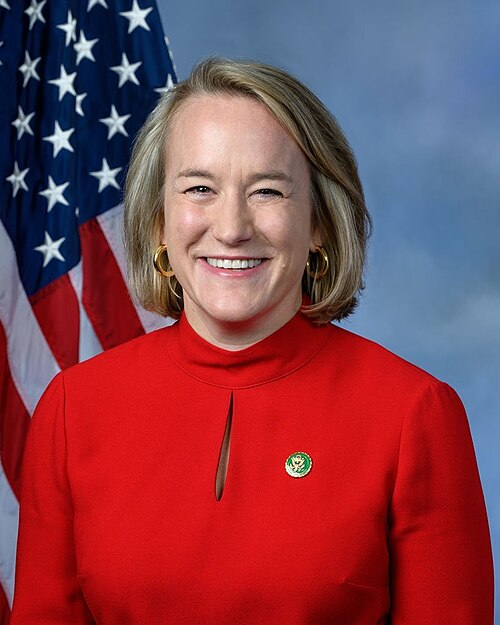
Co-Sponsor
-
TrackSalud O. Carbajal
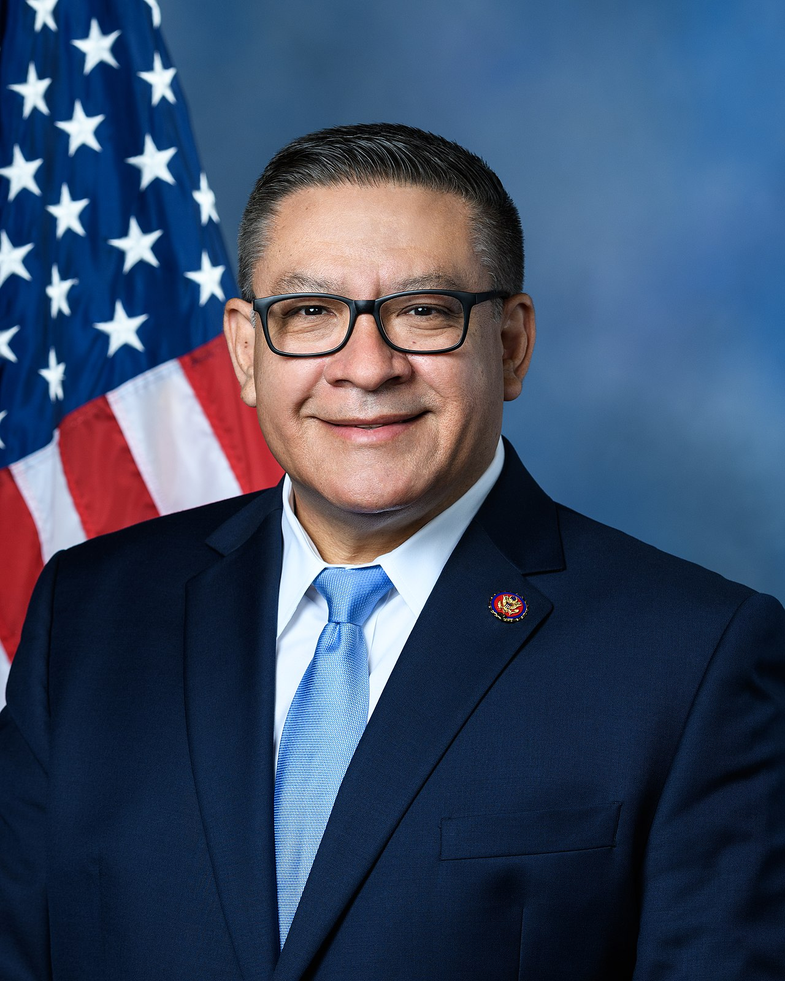
Co-Sponsor
-
TrackAndré Carson
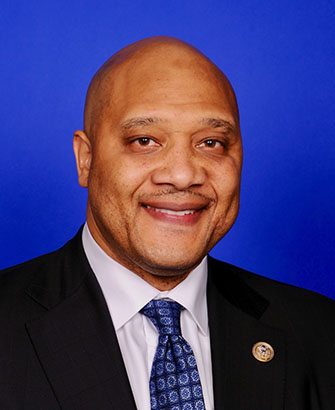
Co-Sponsor
-
TrackTroy A. Carter
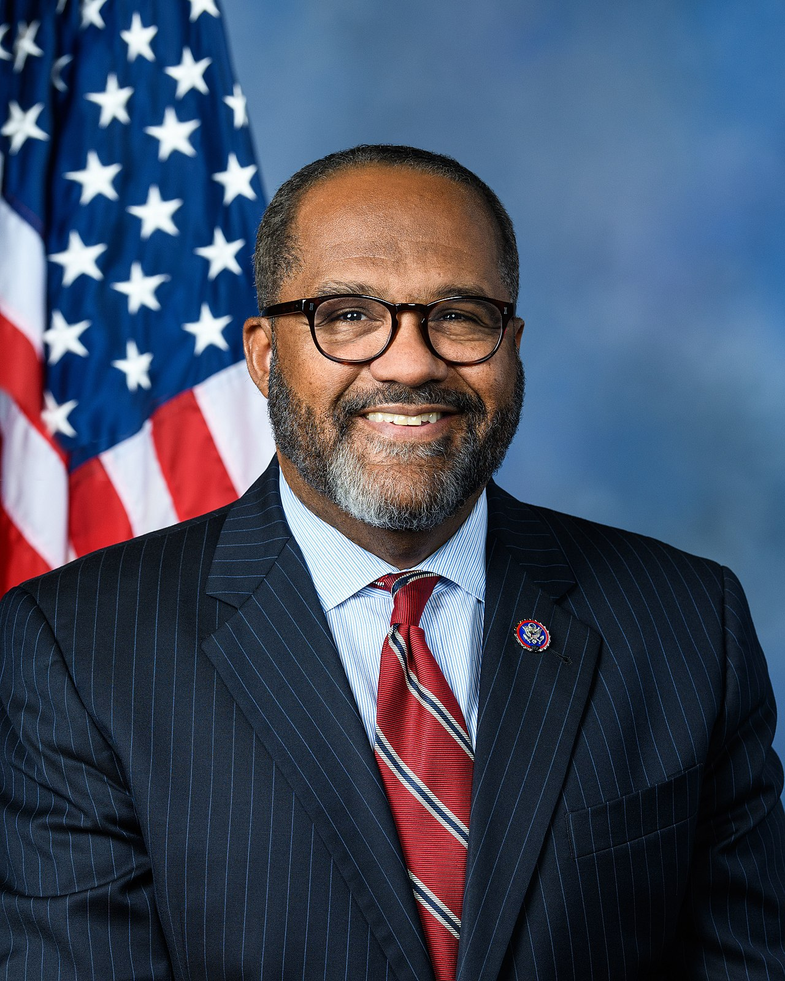
Co-Sponsor
-
TrackGreg Casar
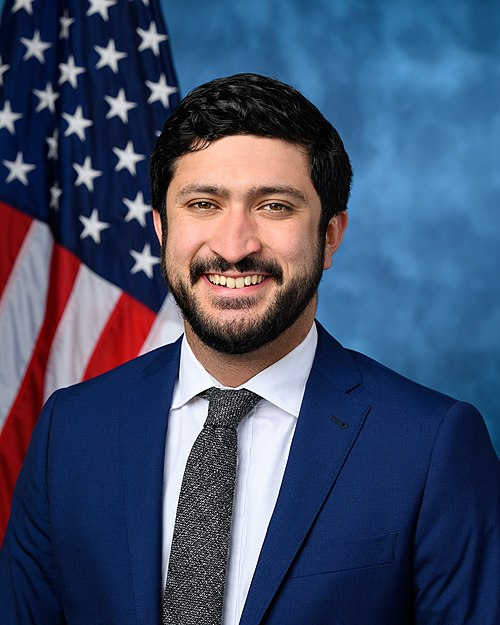
Co-Sponsor
-
TrackEd Case
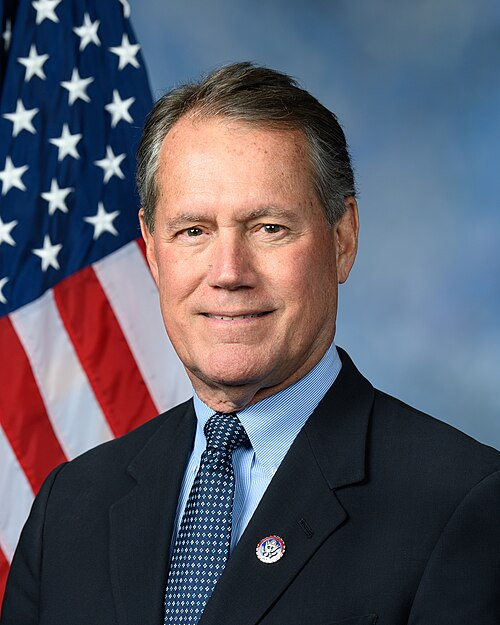
Co-Sponsor
-
TrackSean Casten
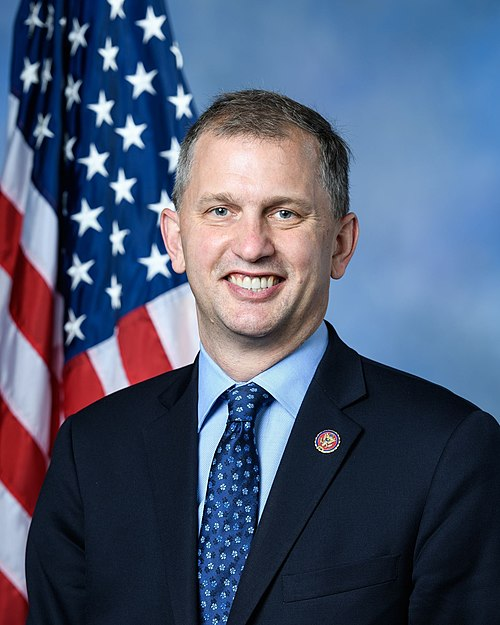
Co-Sponsor
-
TrackSheila Cherfilus-McCormick
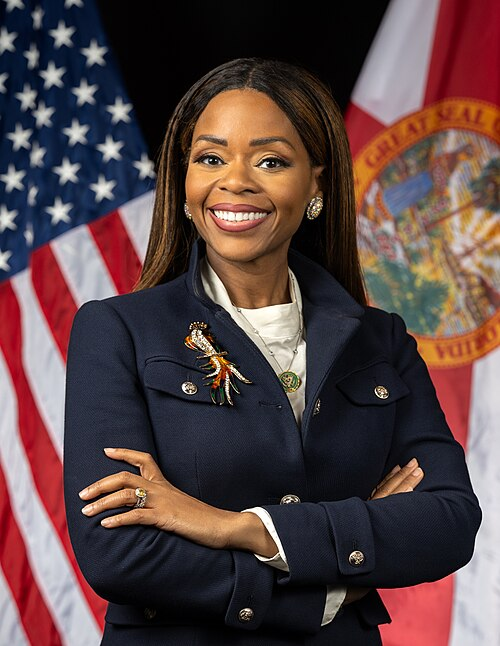
Co-Sponsor
-
TrackJudy Chu
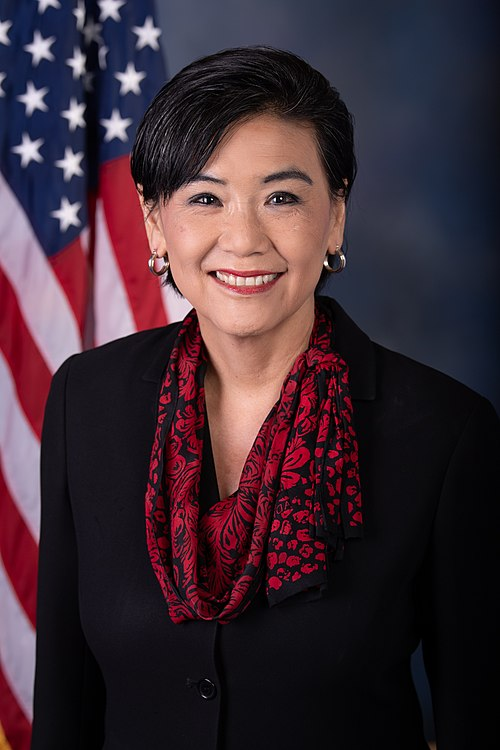
Co-Sponsor
-
TrackGilbert Ray Cisneros, Jr.

Co-Sponsor
-
TrackYvette D. Clarke
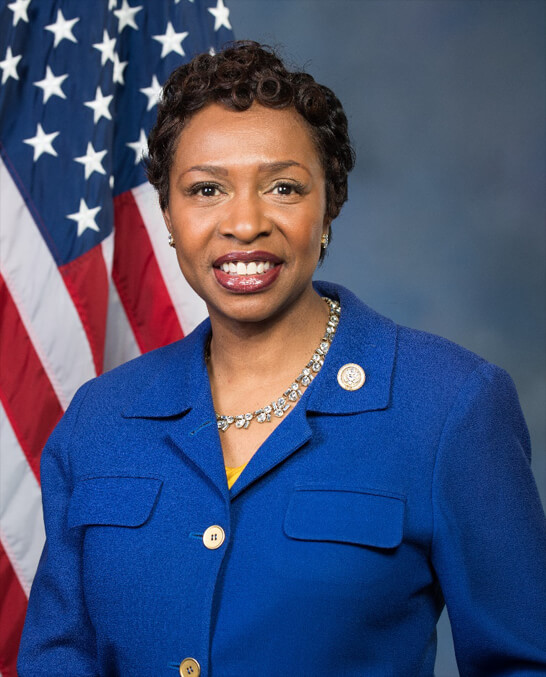
Co-Sponsor
-
TrackEmanuel Cleaver
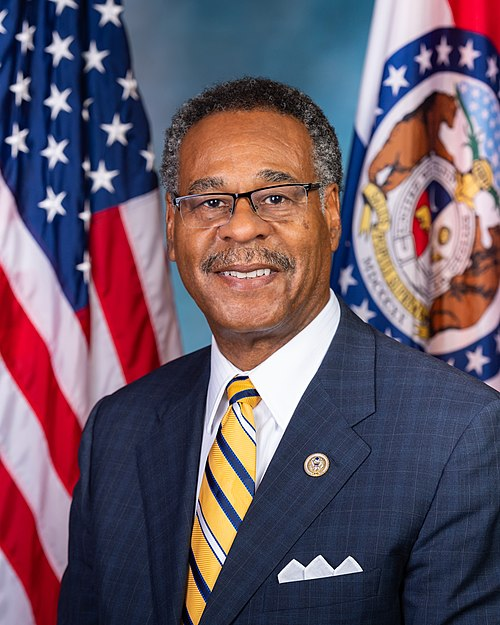
Co-Sponsor
-
TrackSteve Cohen

Co-Sponsor
-
TrackHerbert Conaway
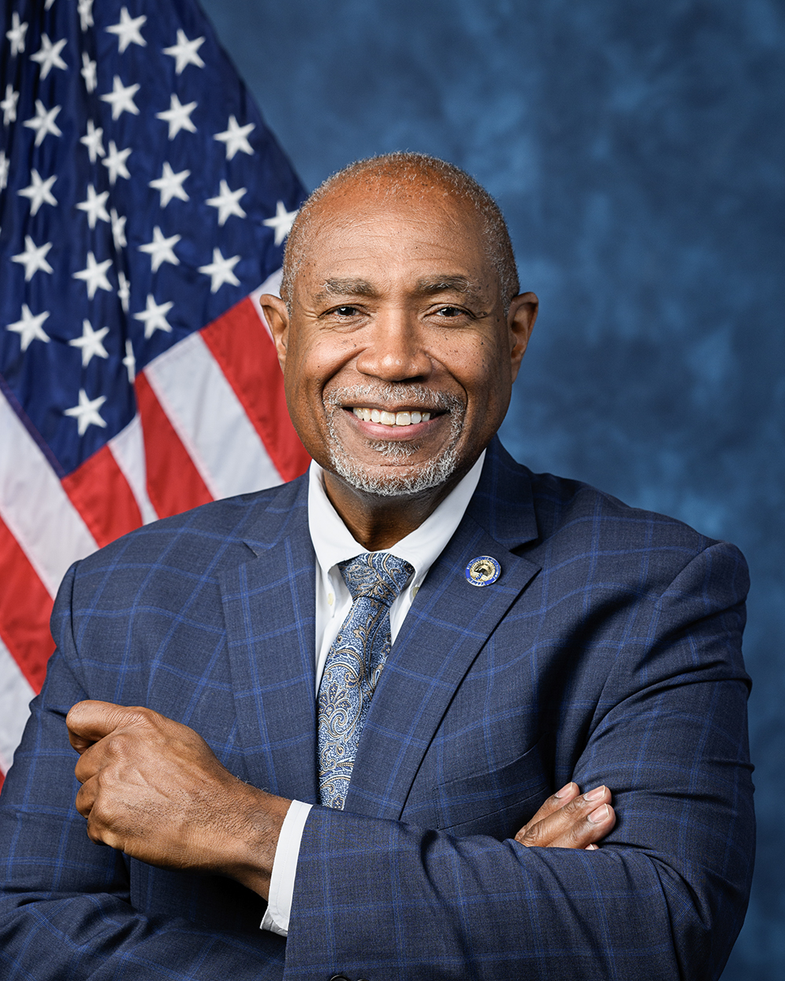
Co-Sponsor
-
TrackAngie Craig
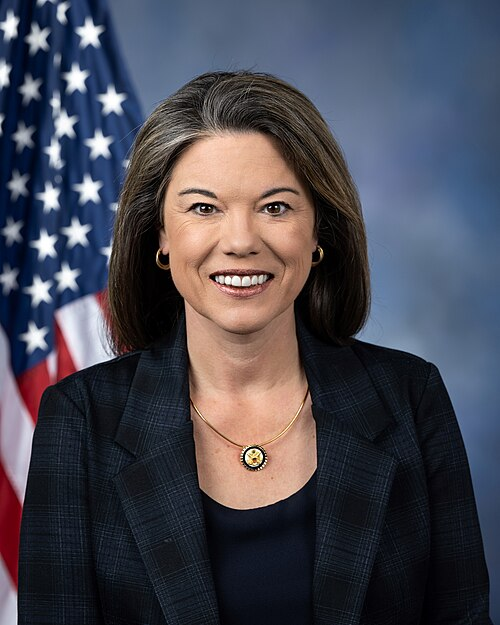
Co-Sponsor
-
TrackDanny K. Davis
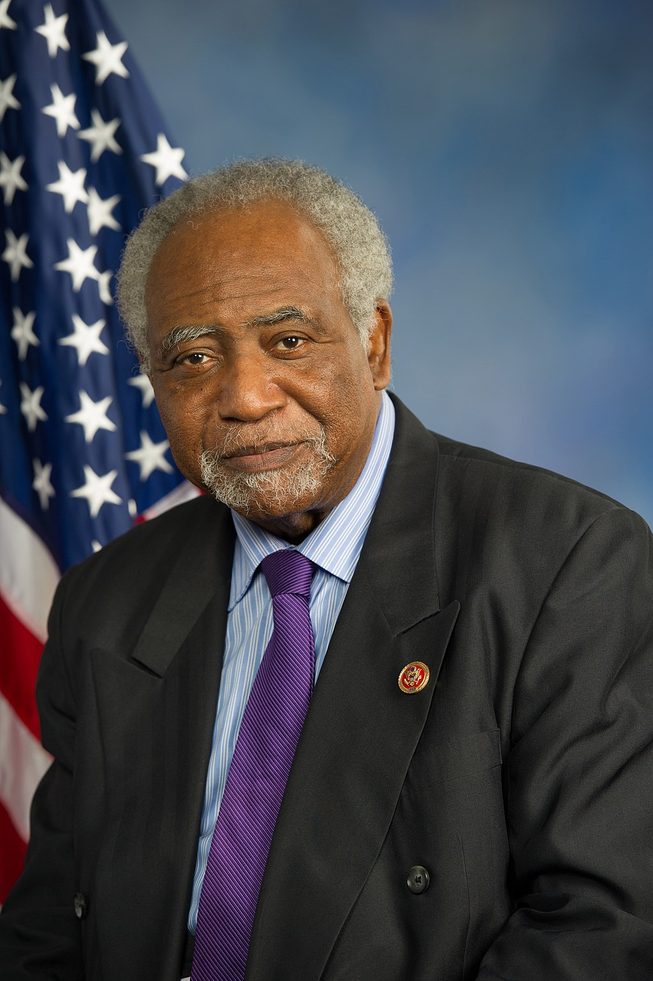
Co-Sponsor
-
TrackDiana DeGette
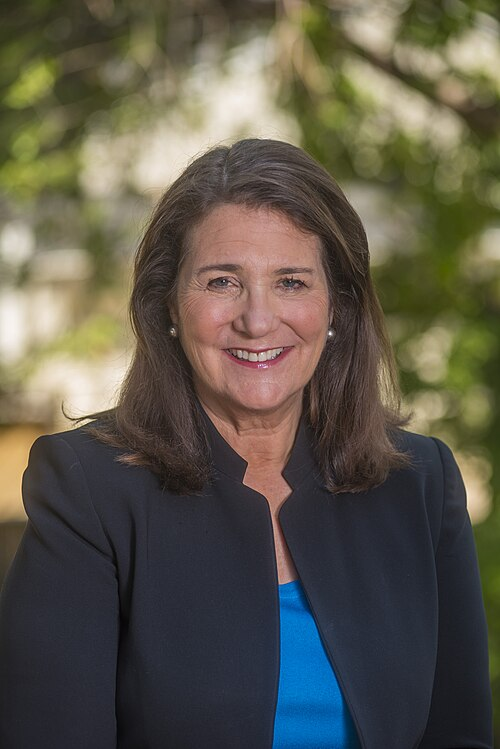
Co-Sponsor
-
TrackMadeleine Dean
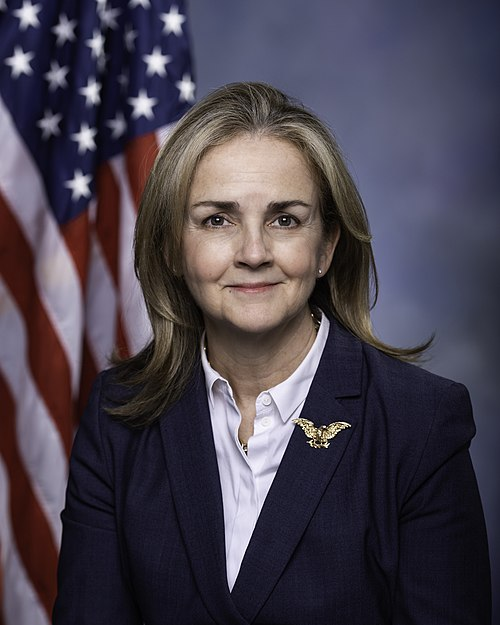
Co-Sponsor
-
TrackSuzan K. DelBene
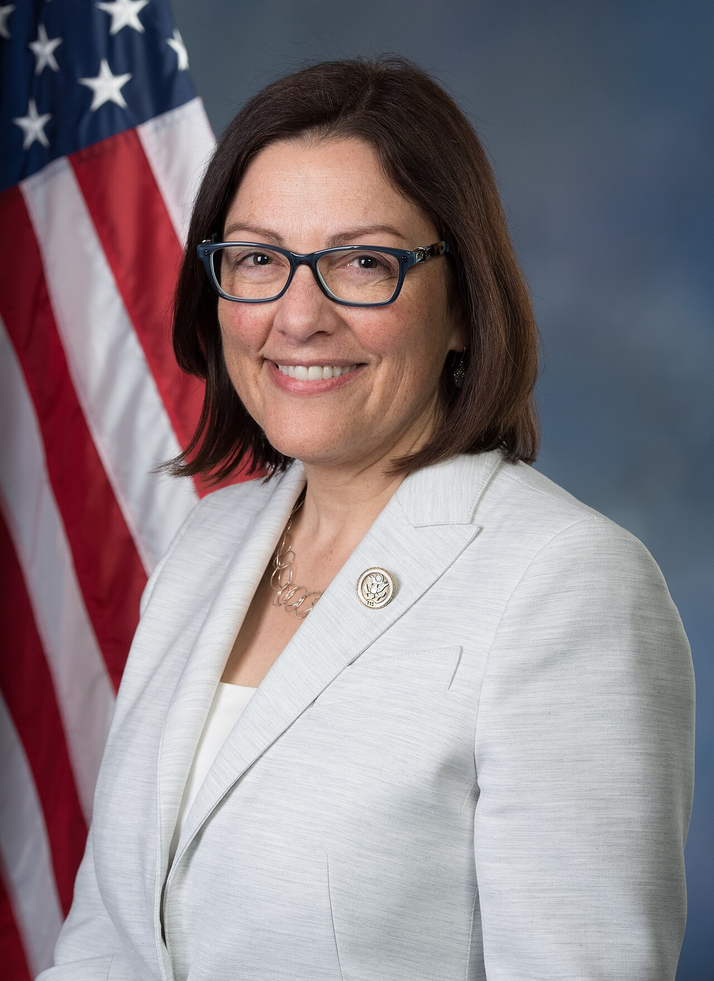
Co-Sponsor
-
TrackChristopher R. Deluzio
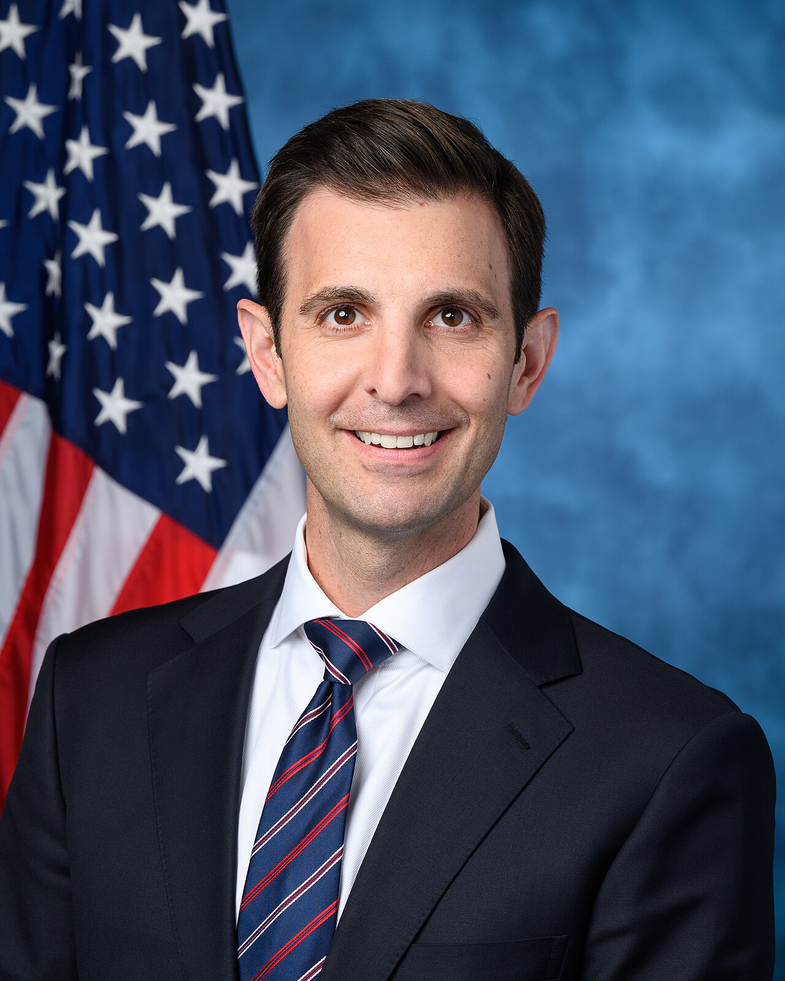
Co-Sponsor
-
TrackDebbie Dingell
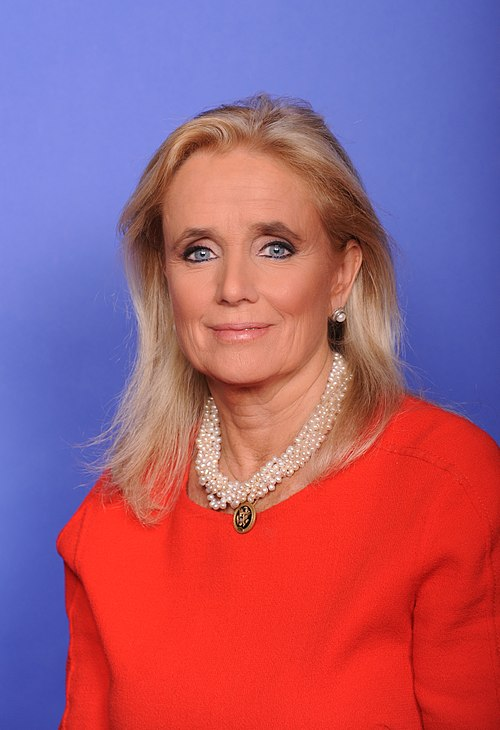
Co-Sponsor
-
TrackLloyd Doggett

Co-Sponsor
-
TrackSarah Elfreth
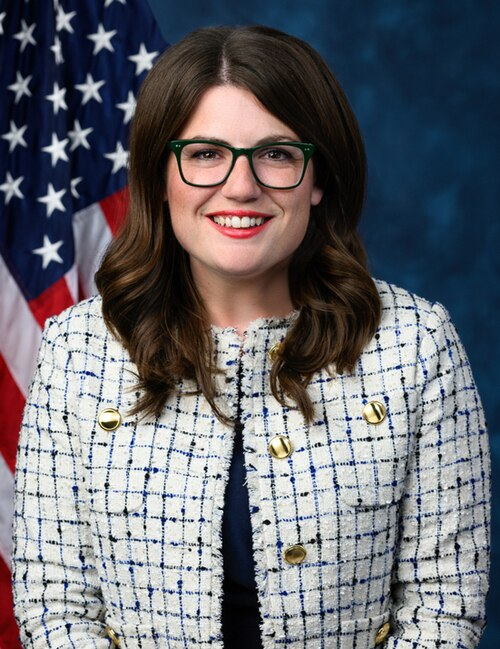
Co-Sponsor
-
TrackVeronica Escobar
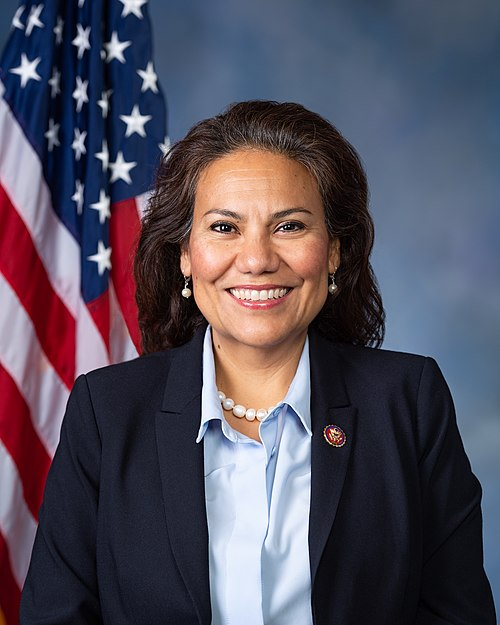
Co-Sponsor
-
TrackDwight Evans

Co-Sponsor
-
TrackCleo Fields

Co-Sponsor
-
TrackShomari Figures
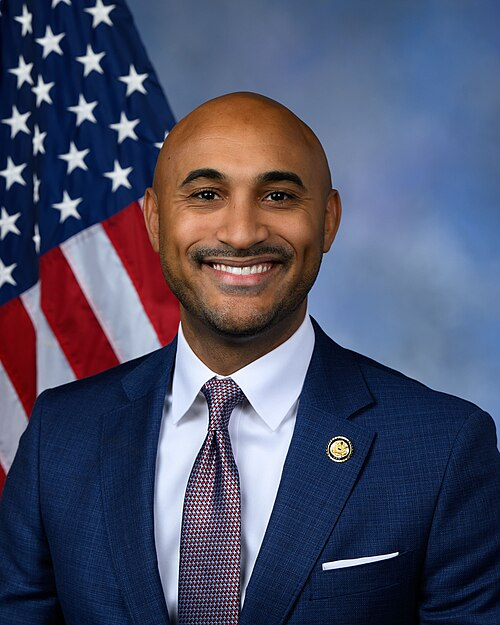
Co-Sponsor
-
TrackBrian K. Fitzpatrick
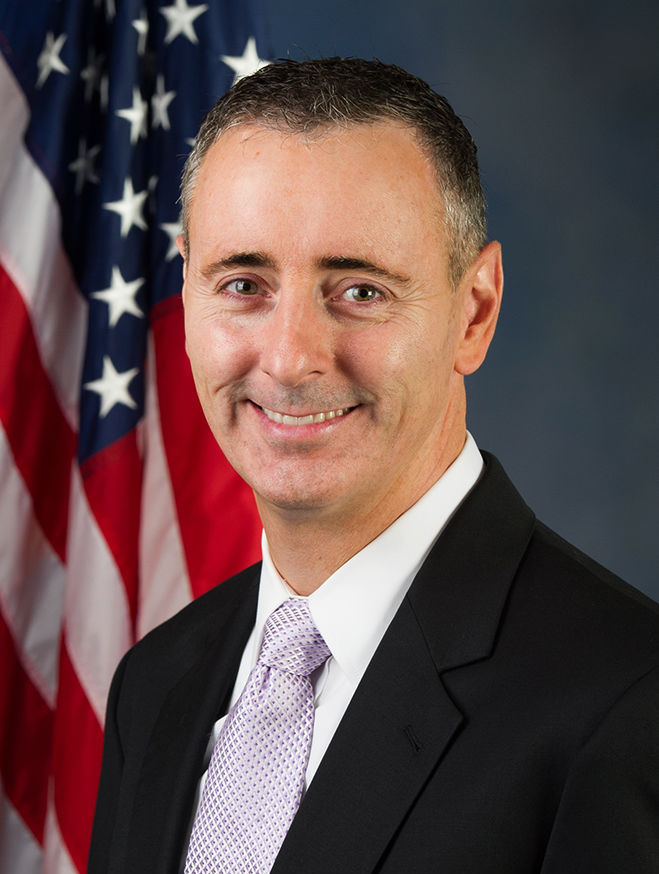
Co-Sponsor
-
TrackBill Foster
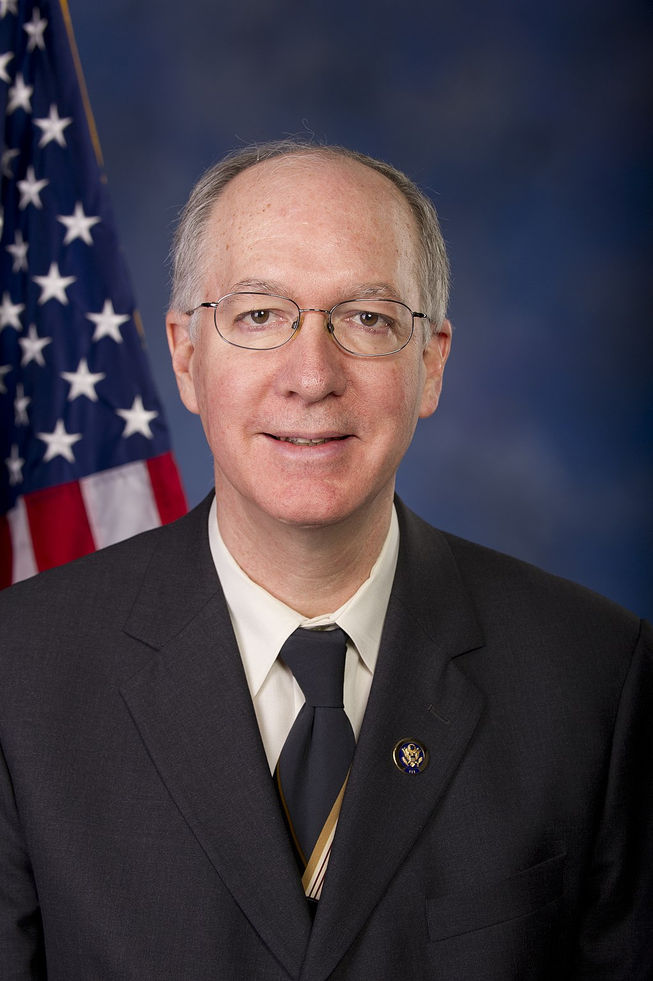
Co-Sponsor
-
TrackValerie P. Foushee
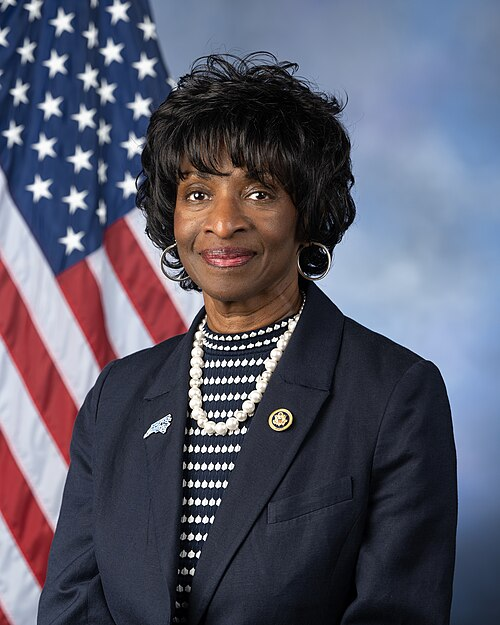
Co-Sponsor
-
TrackLaura Friedman
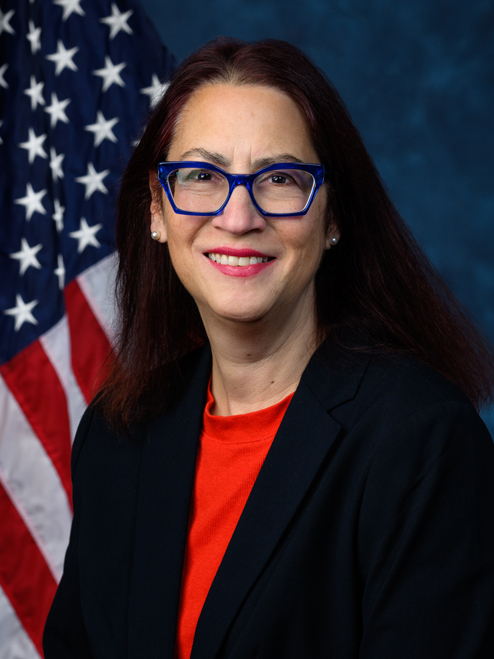
Co-Sponsor
-
TrackMaxwell Frost
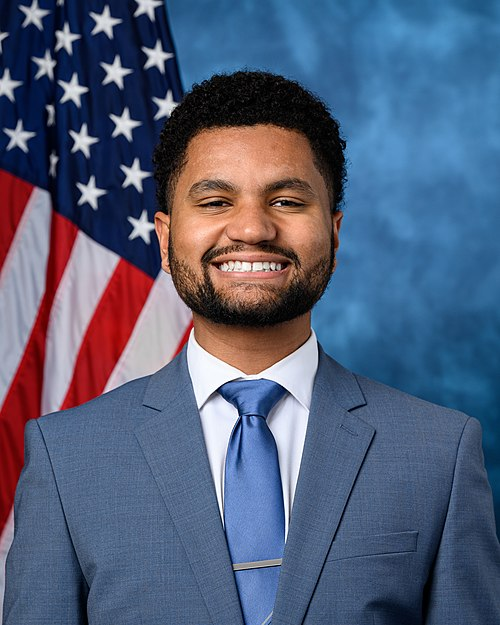
Co-Sponsor
-
TrackJohn Garamendi

Co-Sponsor
-
TrackSylvia R. Garcia
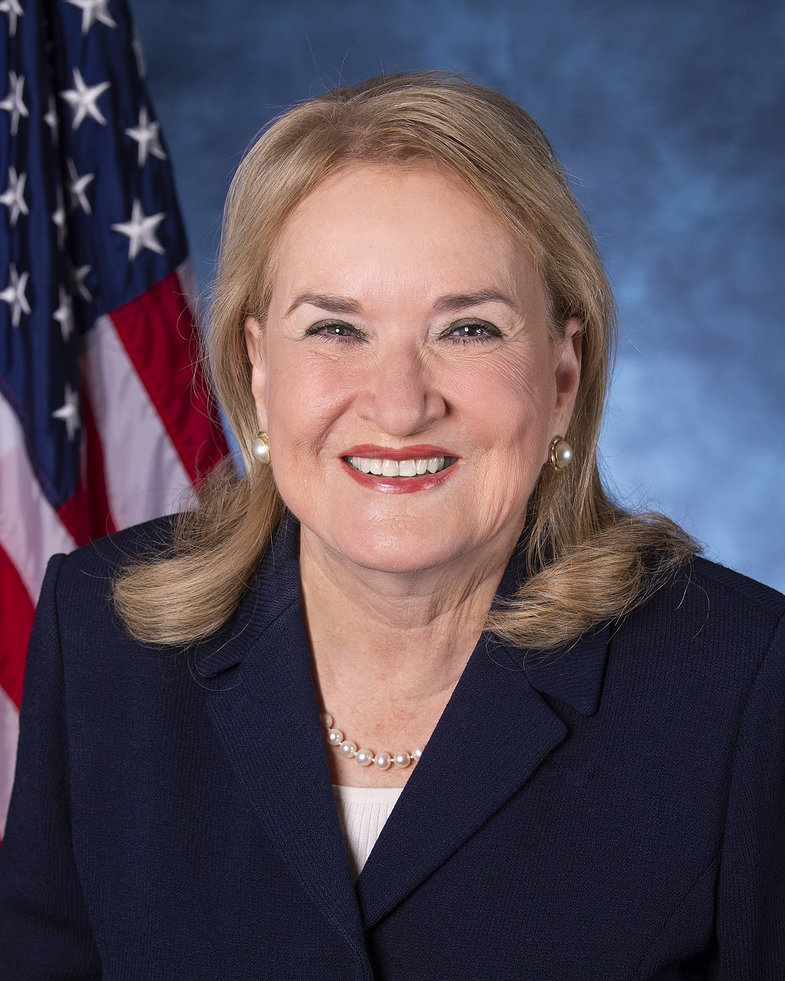
Co-Sponsor
-
TrackRobert Garcia
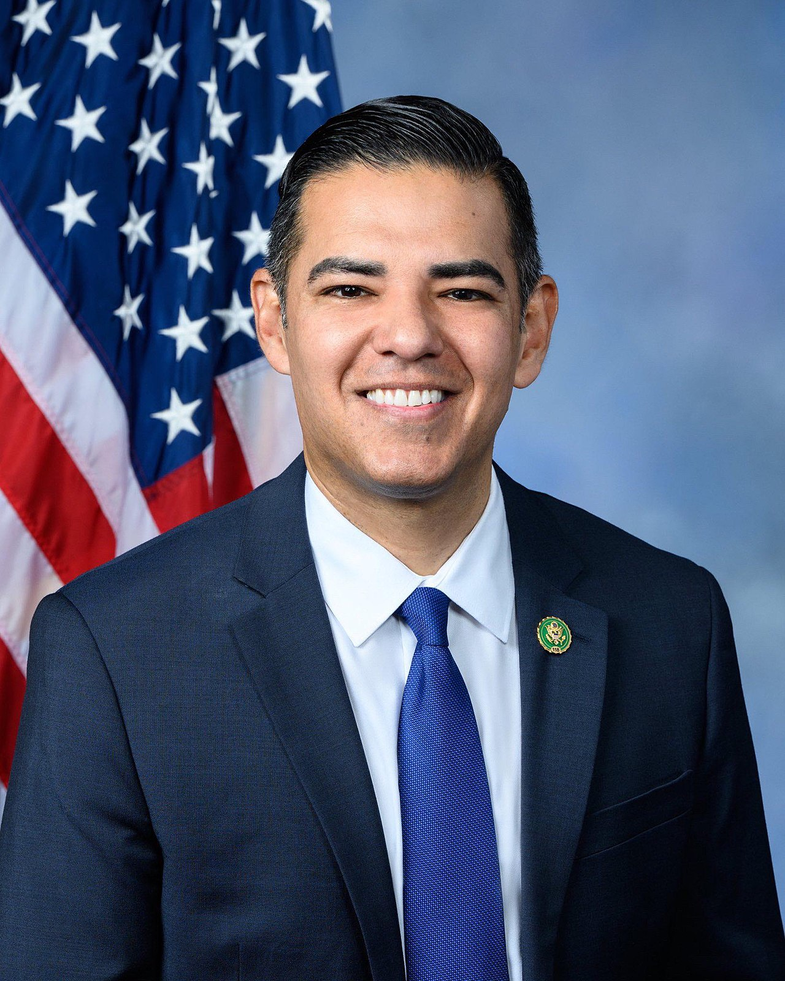
Co-Sponsor
-
TrackJesús G. "Chuy" García
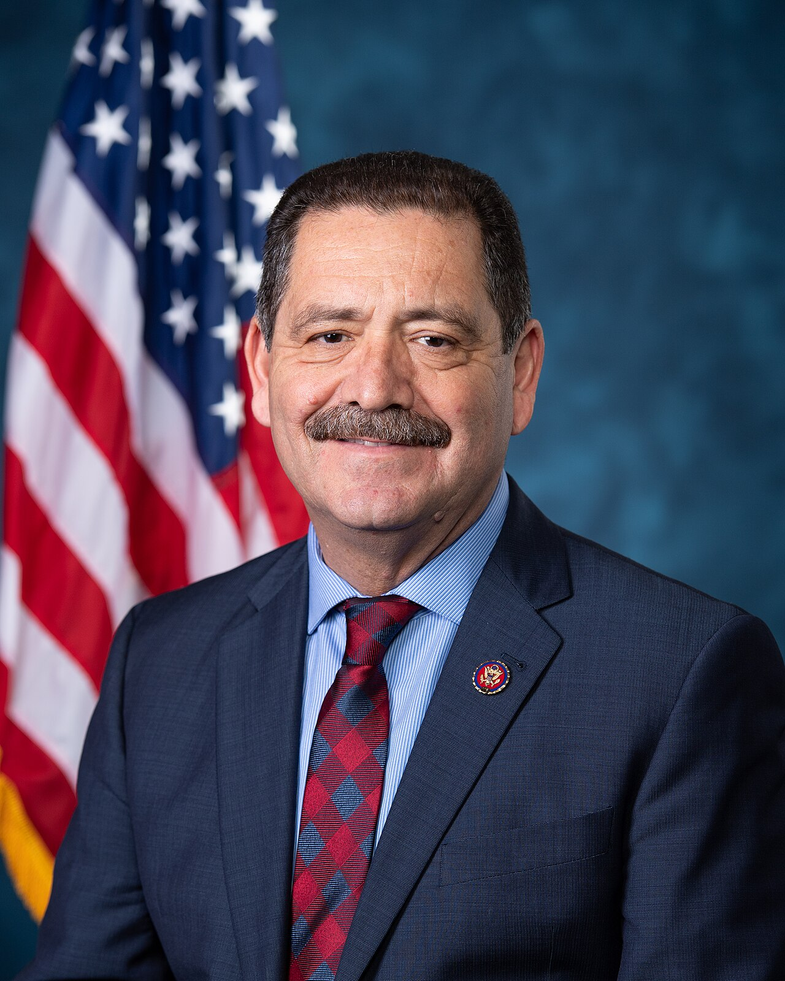
Co-Sponsor
-
TrackLaura Gillen
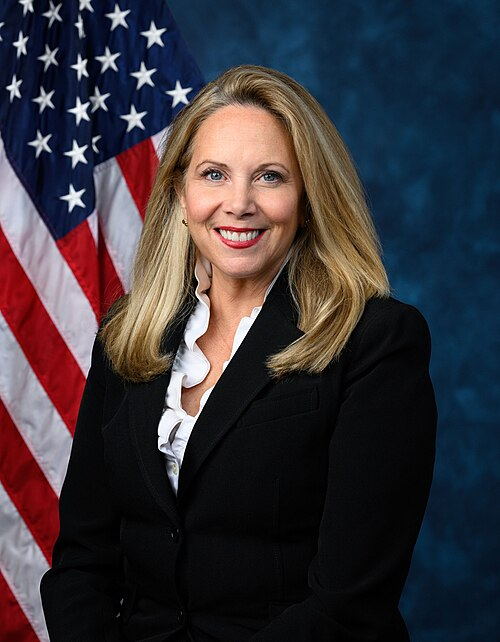
Co-Sponsor
-
TrackDaniel S. Goldman
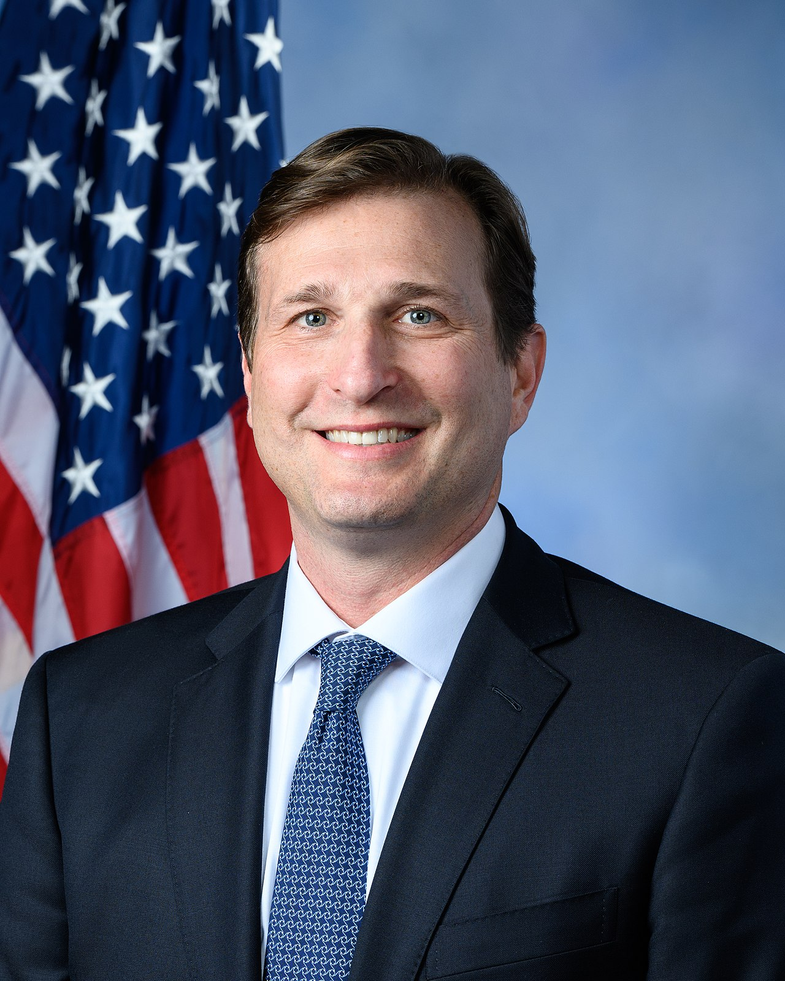
Co-Sponsor
-
TrackJimmy Gomez
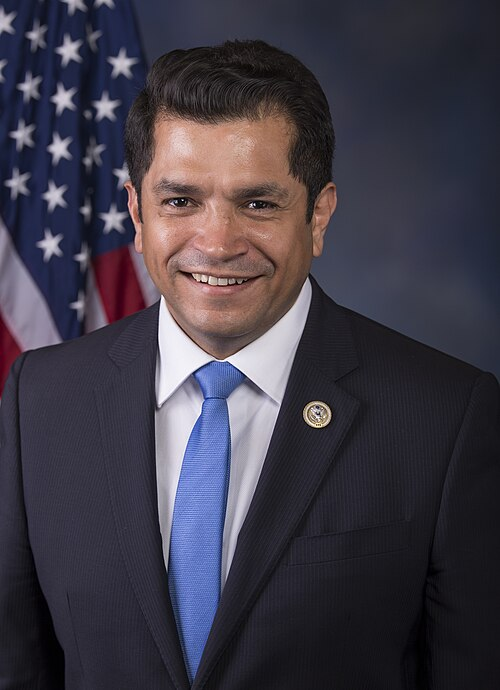
Co-Sponsor
-
TrackJosh Gottheimer

Co-Sponsor
-
TrackJosh Harder
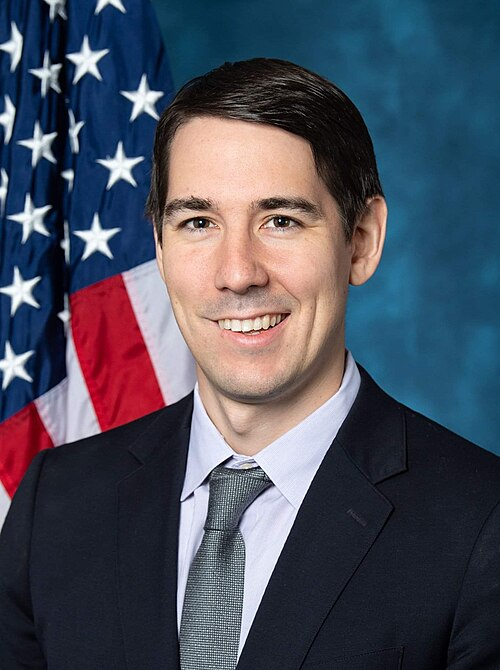
Co-Sponsor
-
TrackJahana Hayes
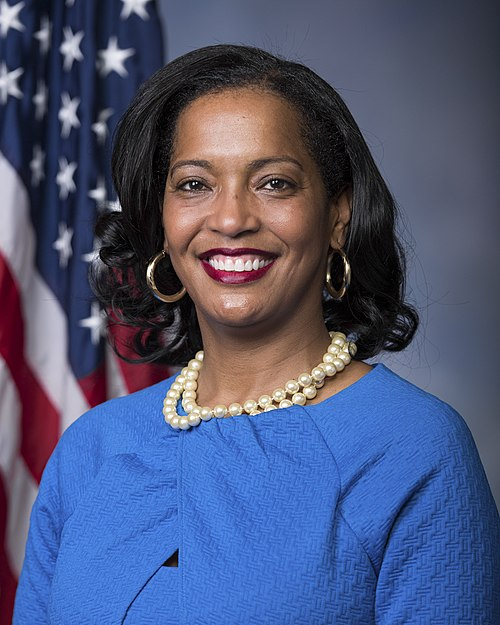
Co-Sponsor
-
TrackSteven Horsford
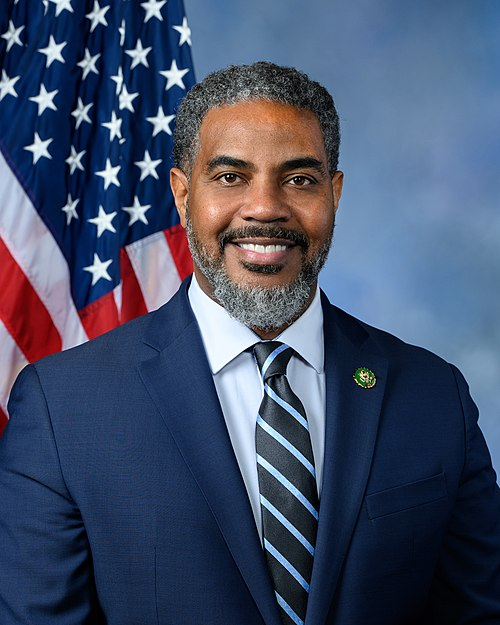
Co-Sponsor
-
TrackChrissy Houlahan
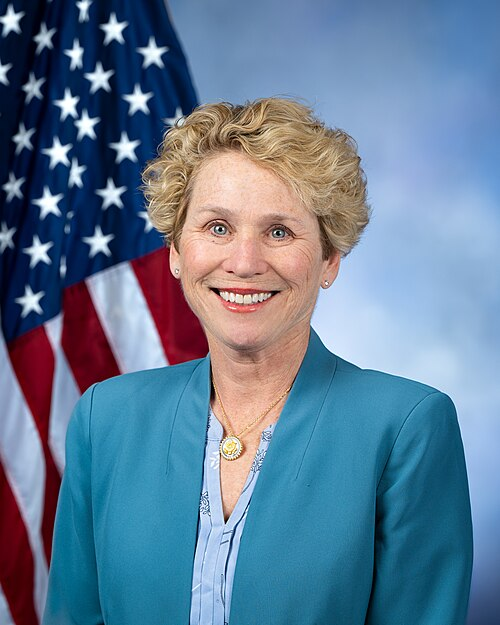
Co-Sponsor
-
TrackVal T. Hoyle

Co-Sponsor
-
TrackJared Huffman
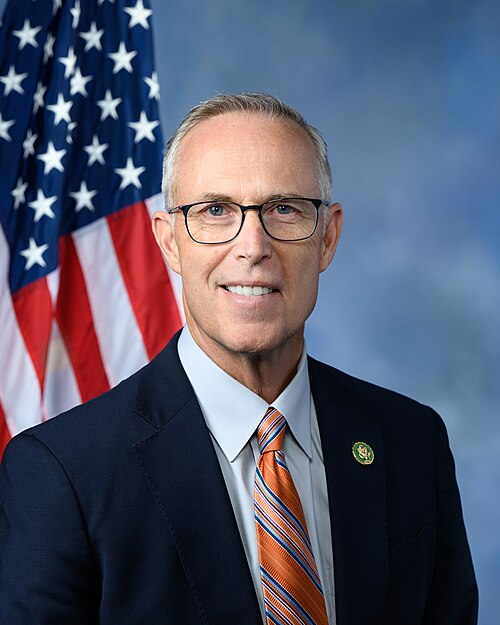
Co-Sponsor
-
TrackGlenn Ivey
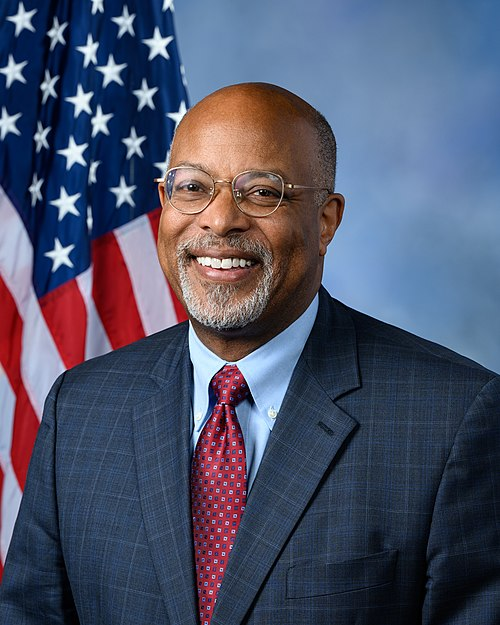
Co-Sponsor
-
TrackJonathan L. Jackson

Co-Sponsor
-
TrackSara Jacobs
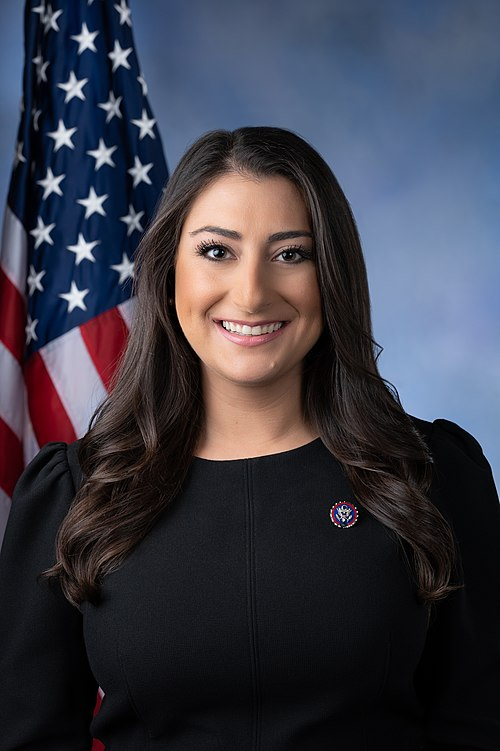
Co-Sponsor
-
TrackPramila Jayapal
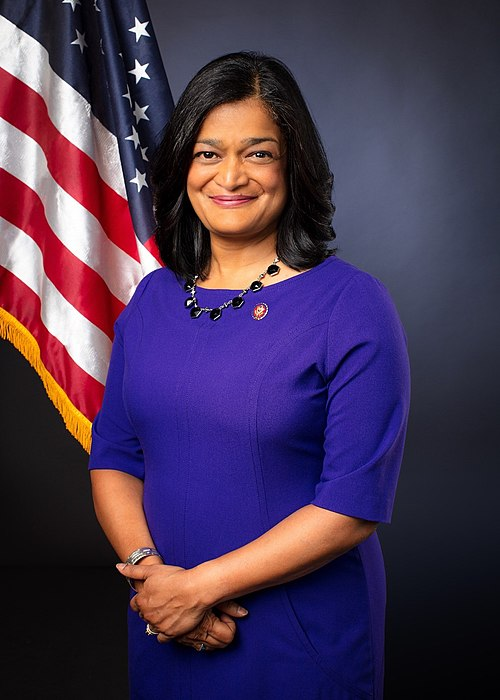
Co-Sponsor
-
TrackSydney Kamlager-Dove
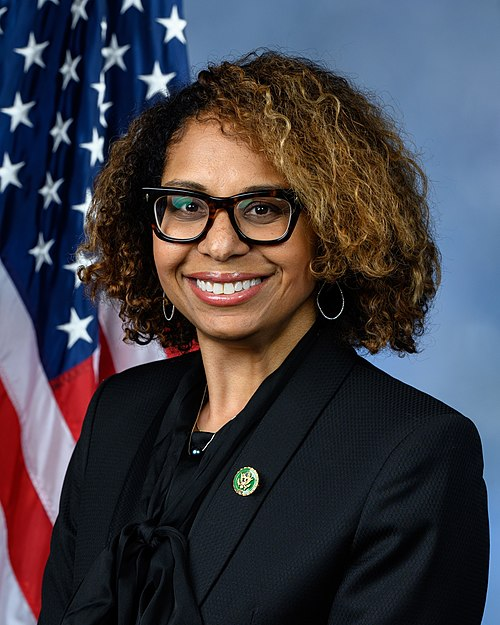
Co-Sponsor
-
TrackRobin L. Kelly
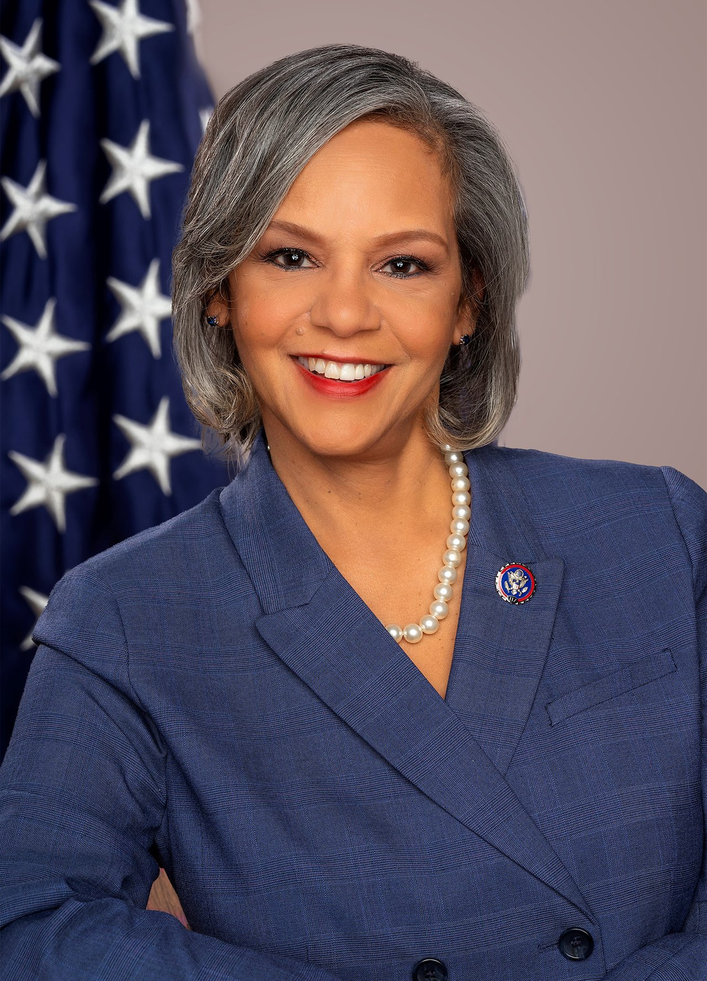
Co-Sponsor
-
TrackTimothy M. Kennedy
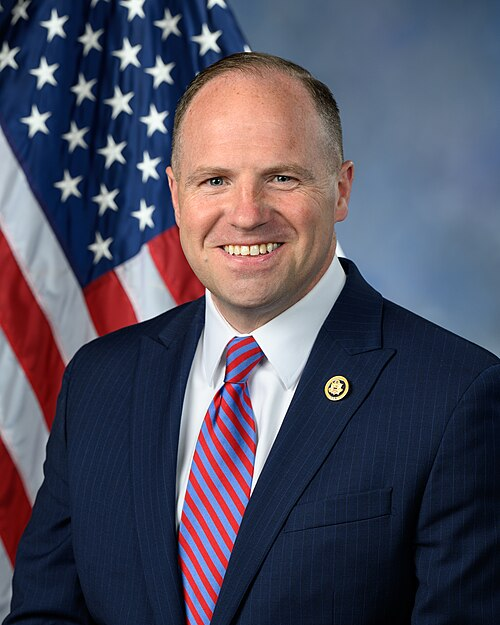
Co-Sponsor
-
TrackRo Khanna

Co-Sponsor
-
TrackRaja Krishnamoorthi
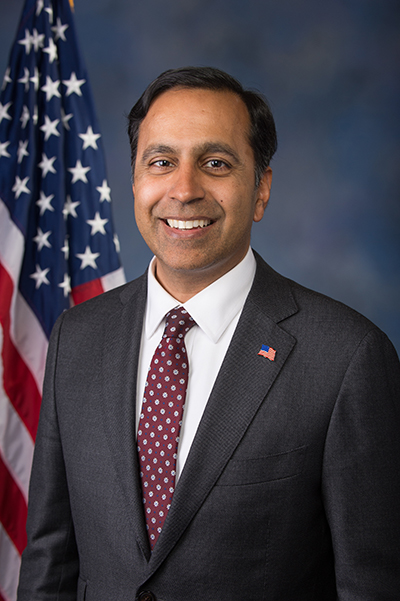
Co-Sponsor
-
TrackGreg Landsman

Co-Sponsor
-
TrackSummer L. Lee

Co-Sponsor
-
TrackTed Lieu
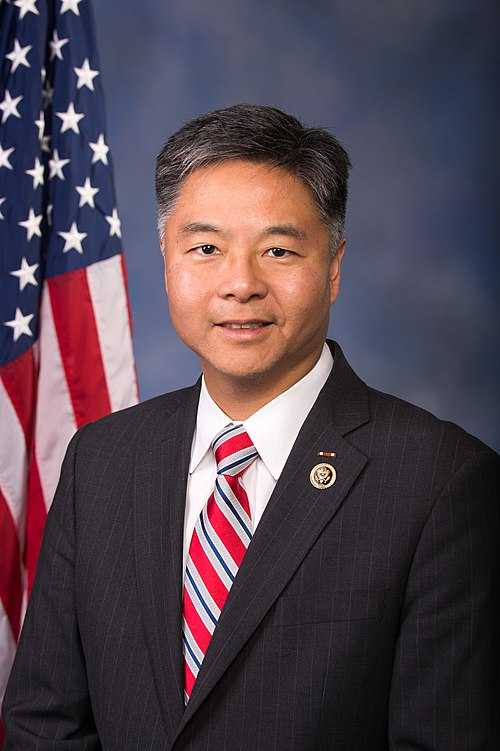
Co-Sponsor
-
TrackStephen F. Lynch
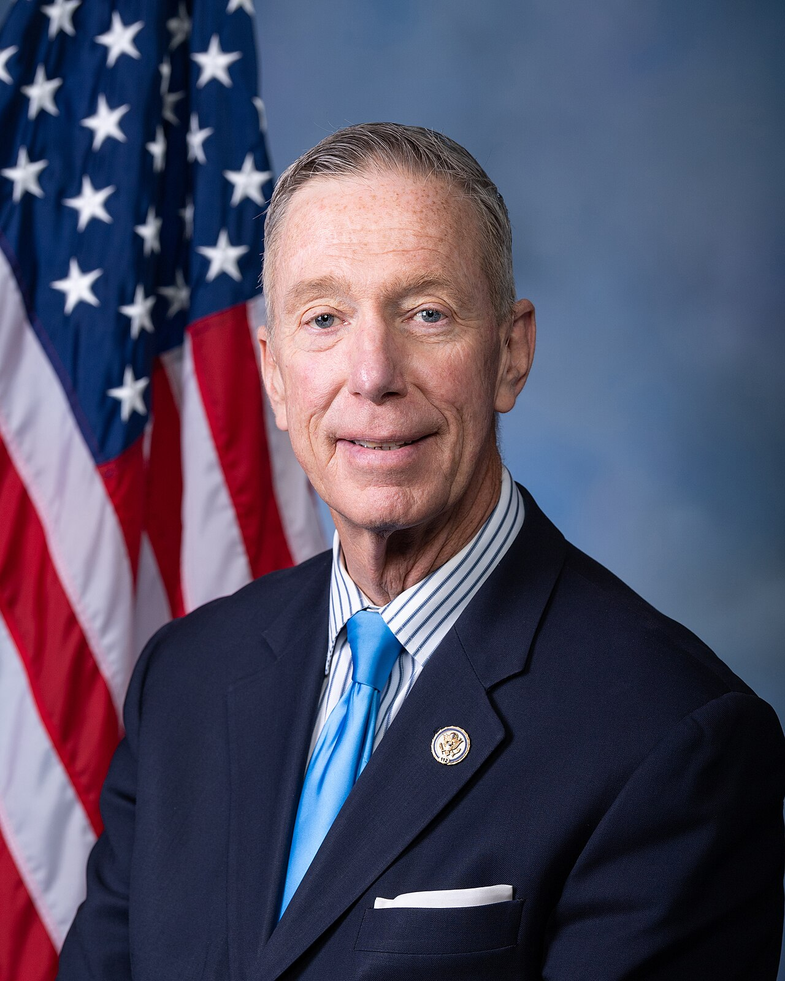
Co-Sponsor
-
TrackSeth Magaziner
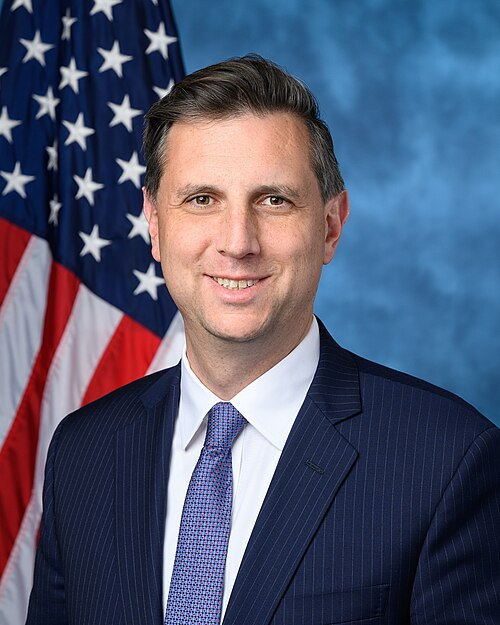
Co-Sponsor
-
TrackLucy McBath
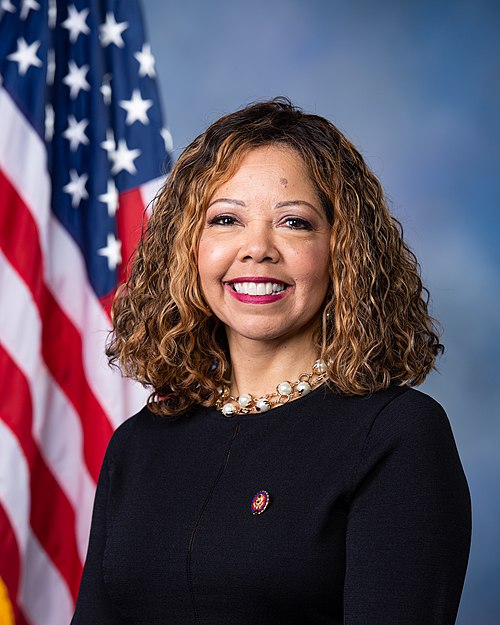
Co-Sponsor
-
TrackSarah McBride
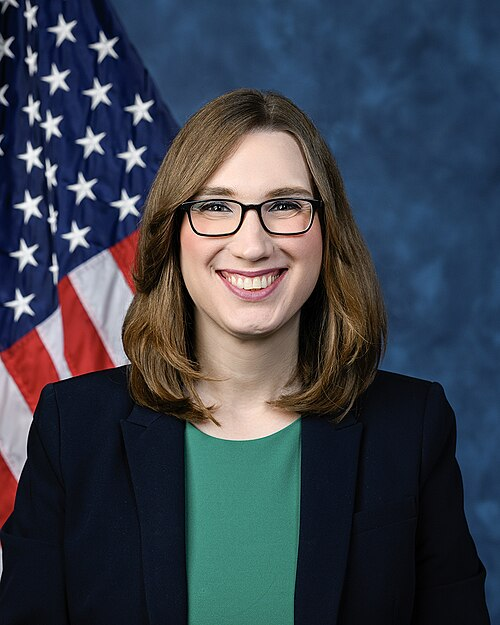
Co-Sponsor
-
TrackJennifer L. McClellan
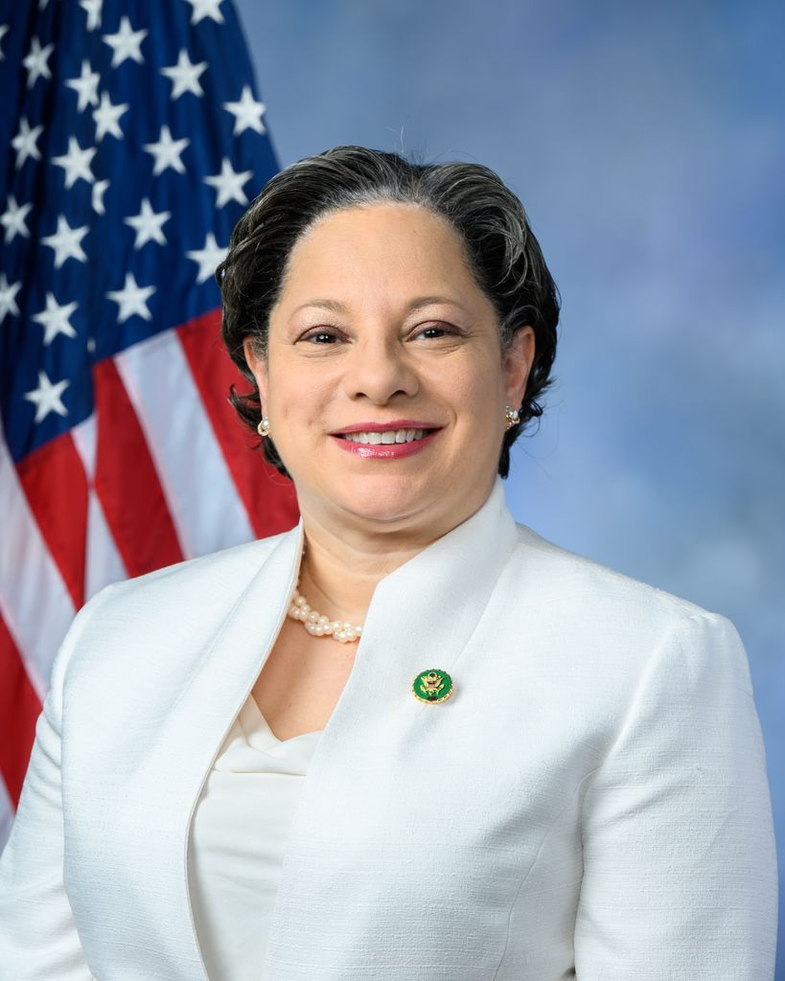
Co-Sponsor
-
TrackMorgan McGarvey
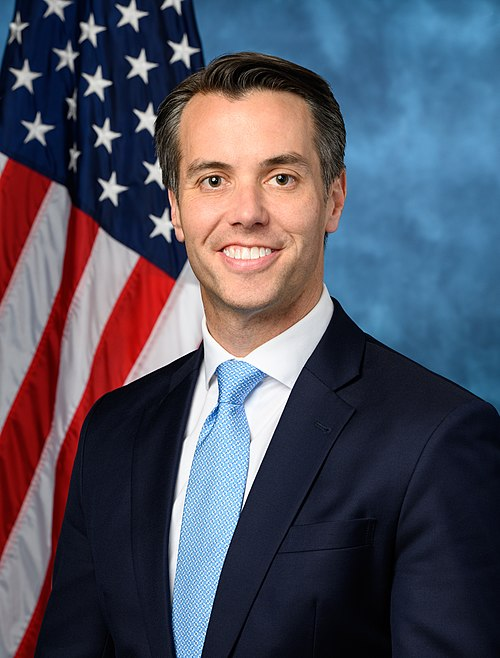
Co-Sponsor
-
TrackLaMonica McIver
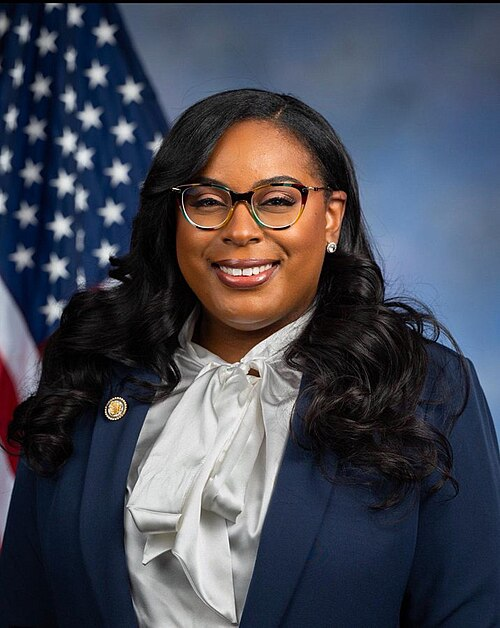
Co-Sponsor
-
TrackRobert Menendez
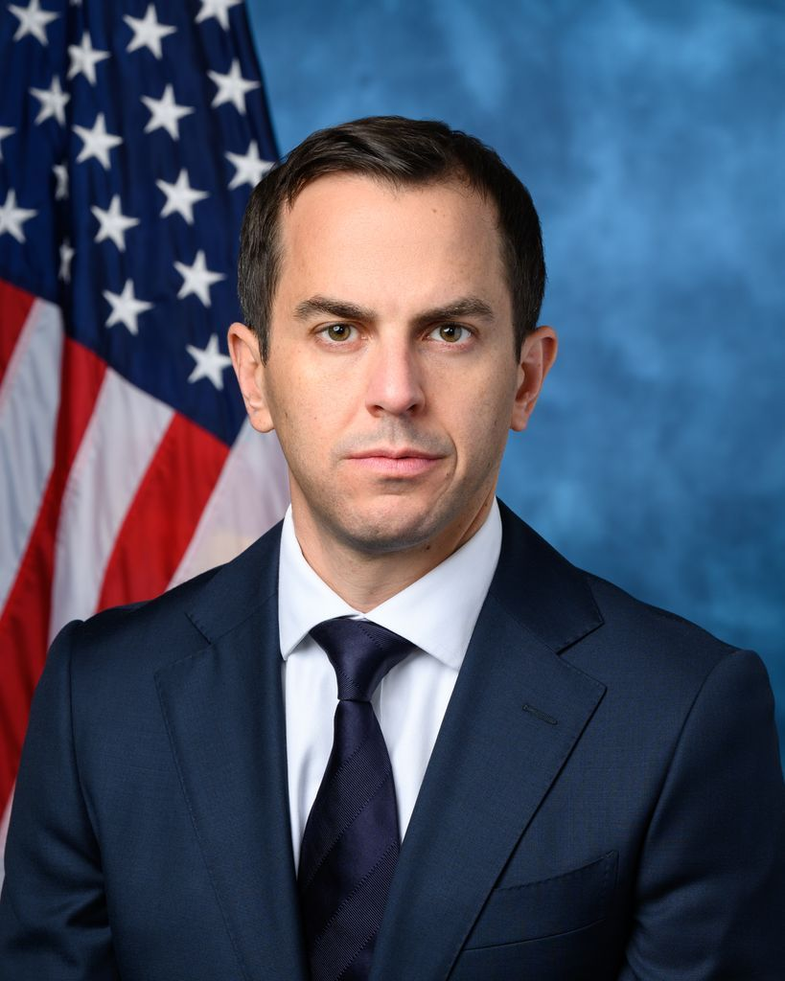
Co-Sponsor
-
TrackGrace Meng
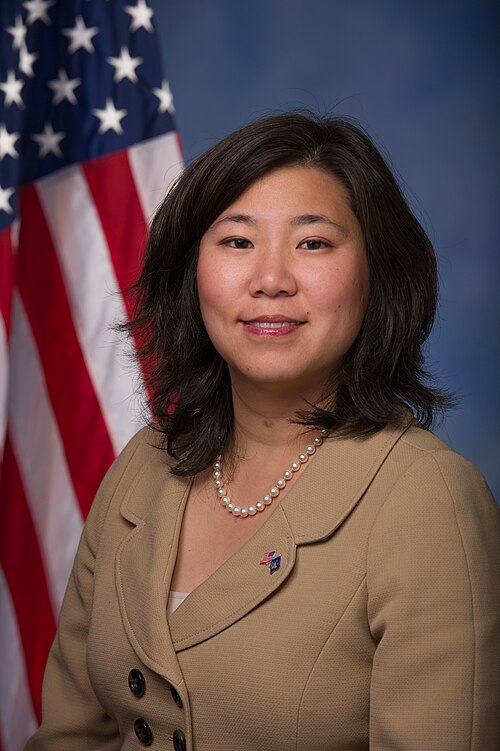
Co-Sponsor
-
TrackKweisi Mfume
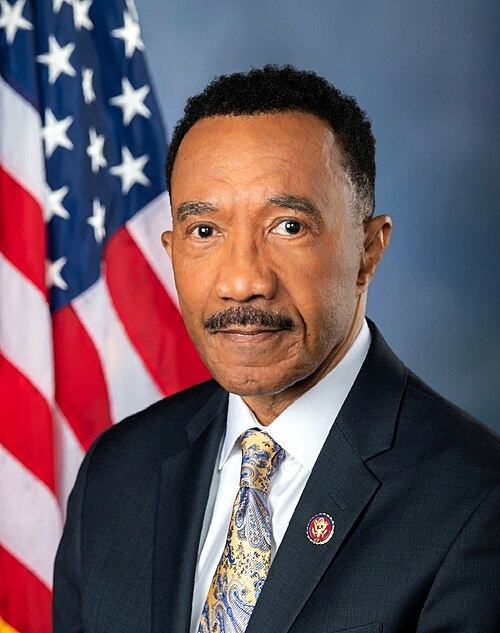
Co-Sponsor
-
TrackGwen Moore
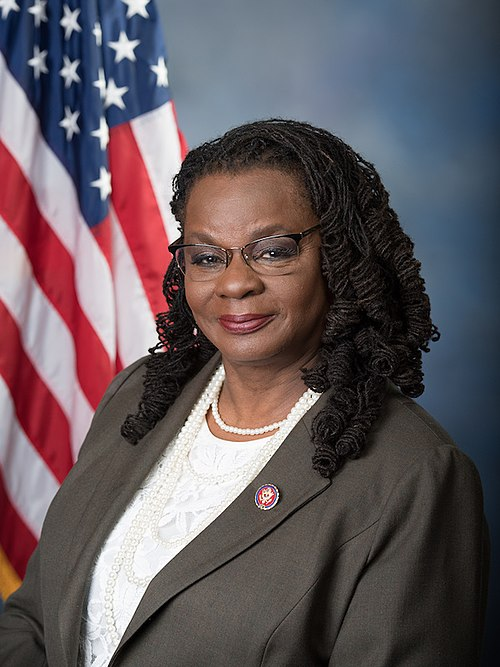
Co-Sponsor
-
TrackJoseph D. Morelle
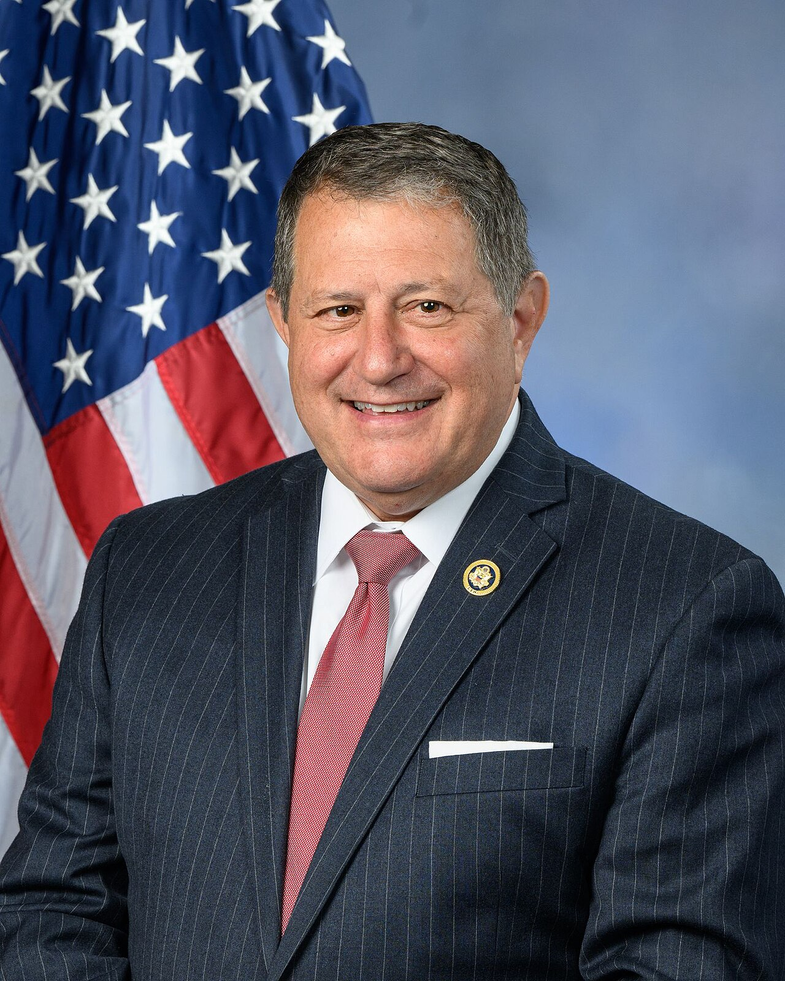
Co-Sponsor
-
TrackJared Moskowitz

Co-Sponsor
-
TrackSeth Moulton
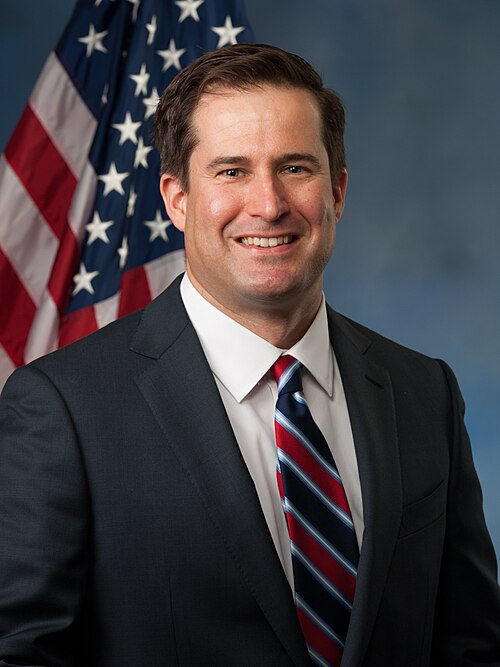
Co-Sponsor
-
TrackFrank J. Mrvan
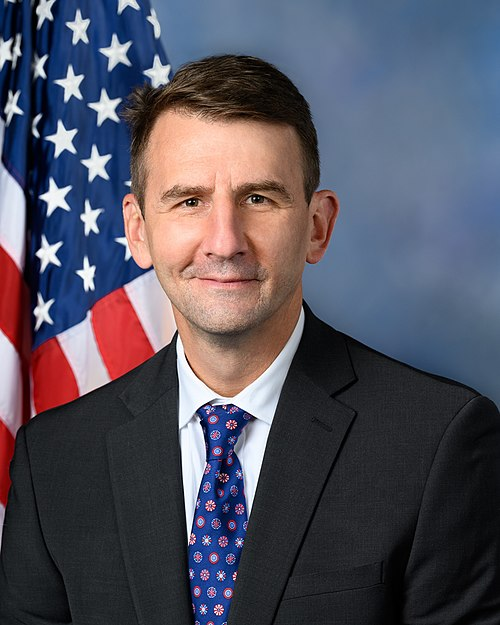
Co-Sponsor
-
TrackKevin Mullin
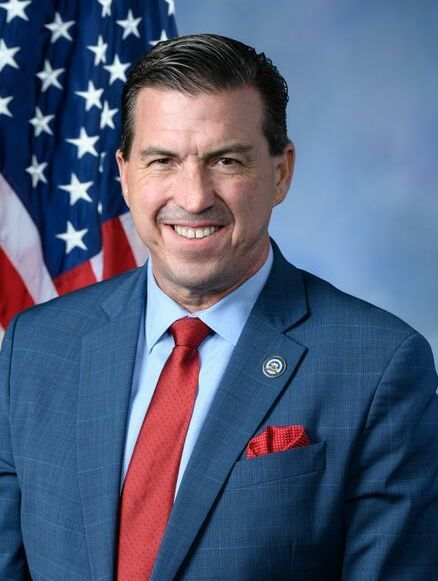
Co-Sponsor
-
TrackJerrold Nadler
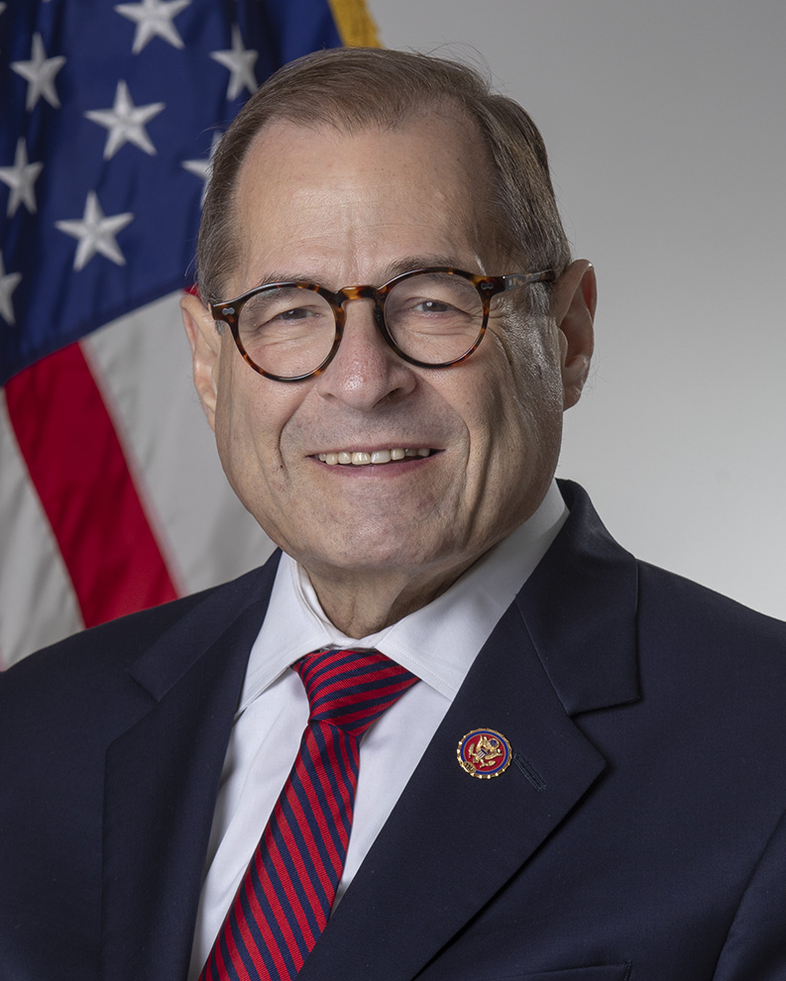
Co-Sponsor
-
TrackRichard E. Neal
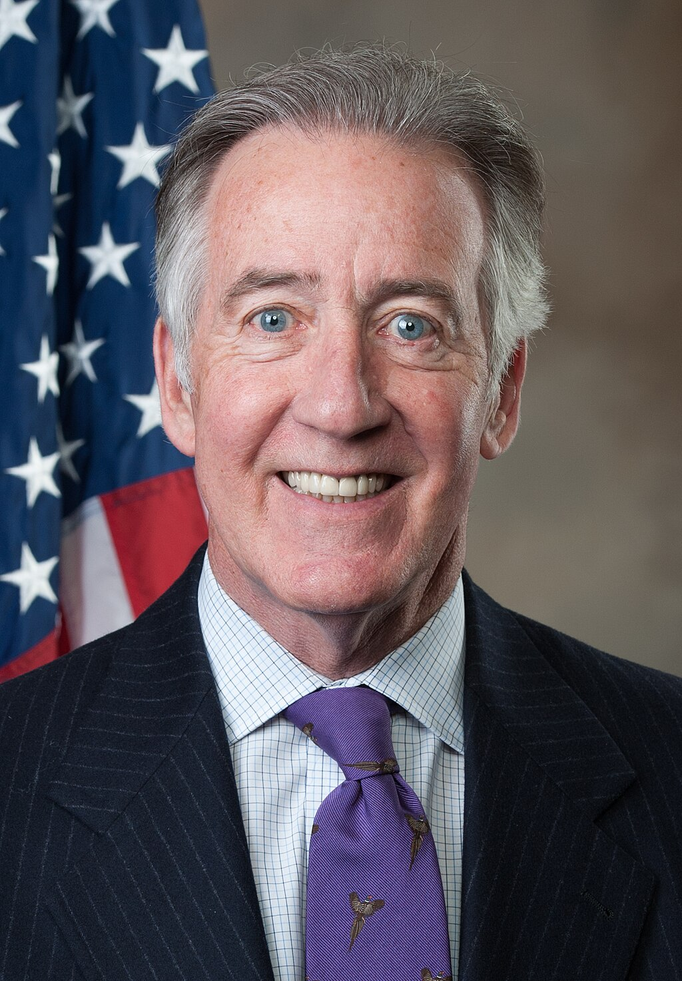
Co-Sponsor
-
TrackJoe Neguse
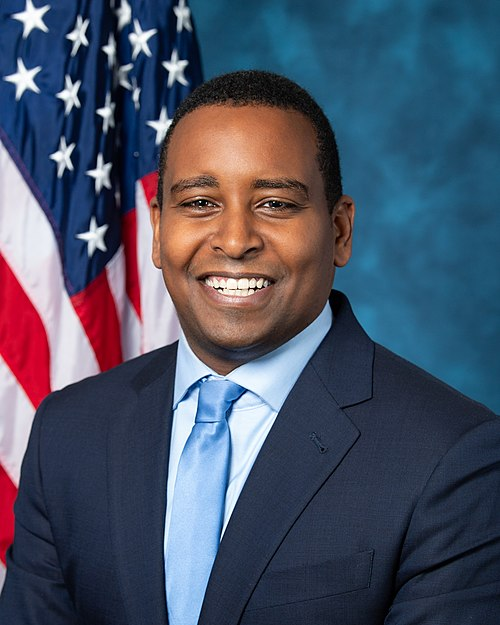
Co-Sponsor
-
TrackDonald Norcross
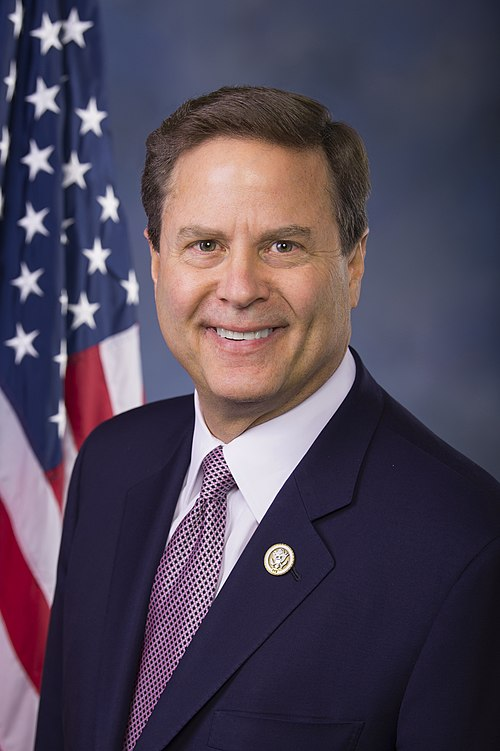
Co-Sponsor
-
TrackEleanor Holmes Norton

Co-Sponsor
-
TrackAlexandria Ocasio-Cortez
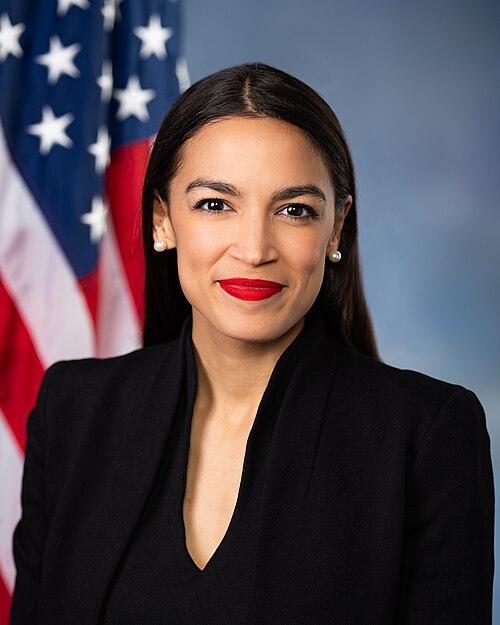
Co-Sponsor
-
TrackJohnny Olszewski
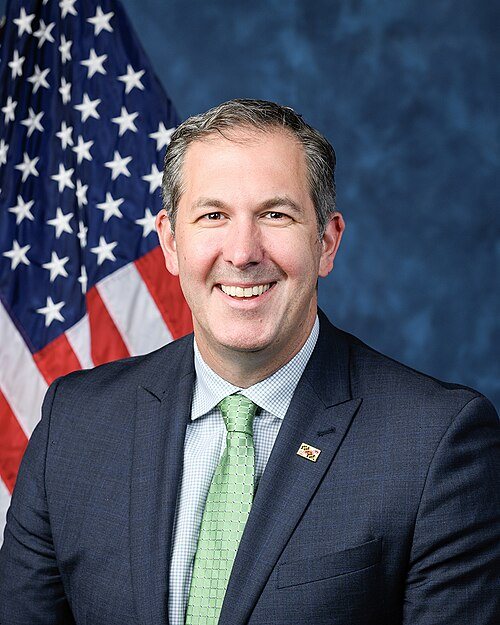
Co-Sponsor
-
TrackIlhan Omar
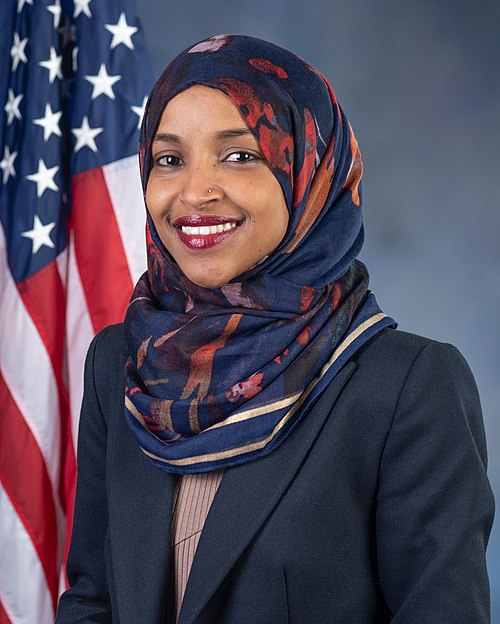
Co-Sponsor
-
TrackFrank Pallone, Jr.

Co-Sponsor
-
TrackNancy Pelosi
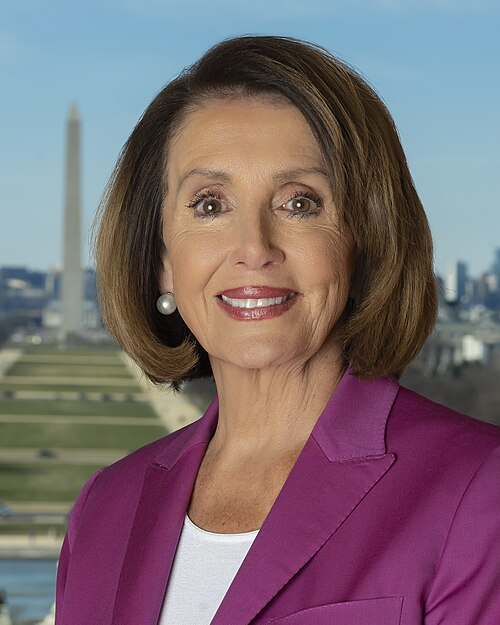
Co-Sponsor
-
TrackChellie Pingree
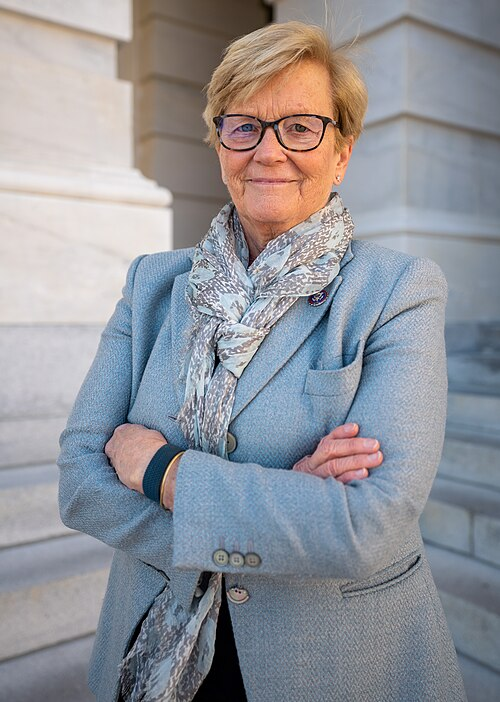
Co-Sponsor
-
TrackMark Pocan
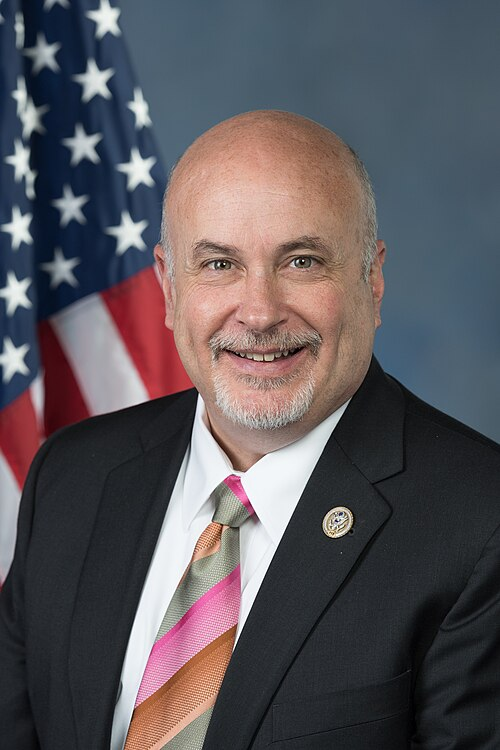
Co-Sponsor
-
TrackNellie Pou
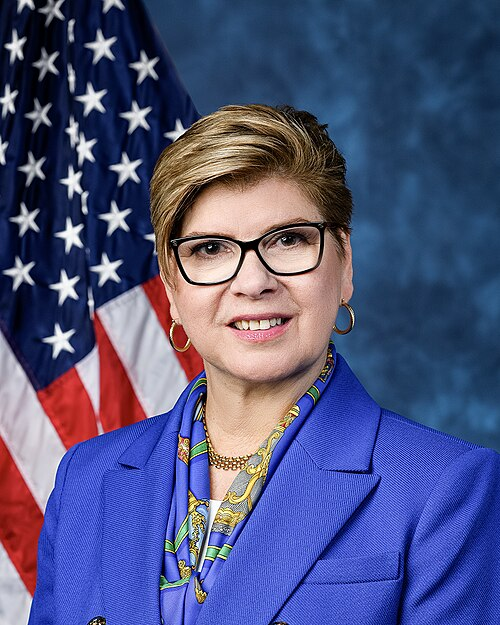
Co-Sponsor
-
TrackAyanna Pressley
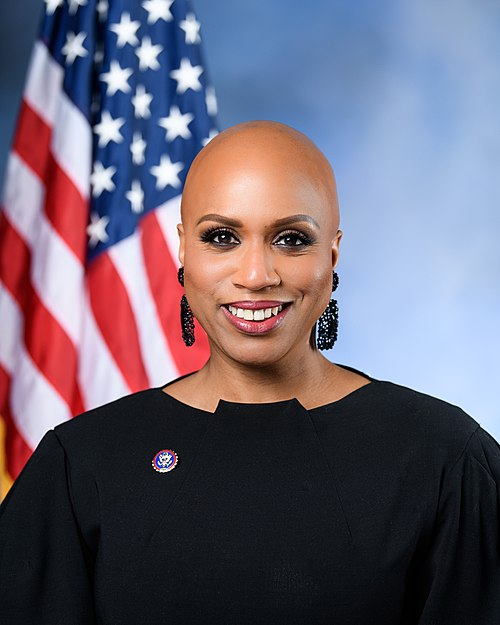
Co-Sponsor
-
TrackMike Quigley
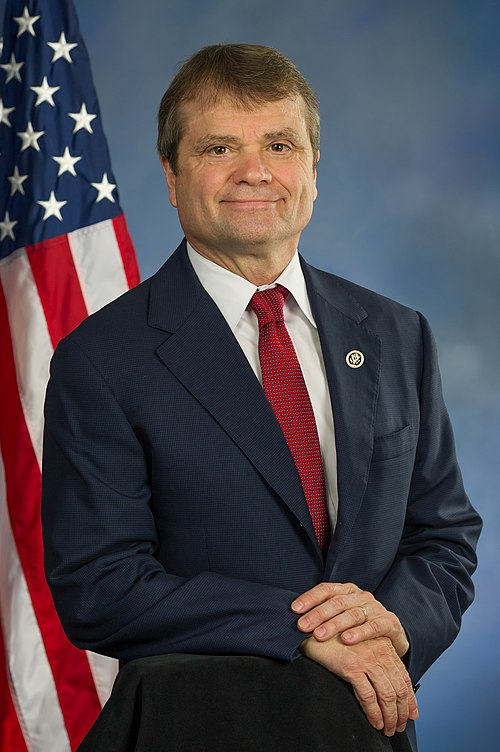
Co-Sponsor
-
TrackDelia C. Ramirez
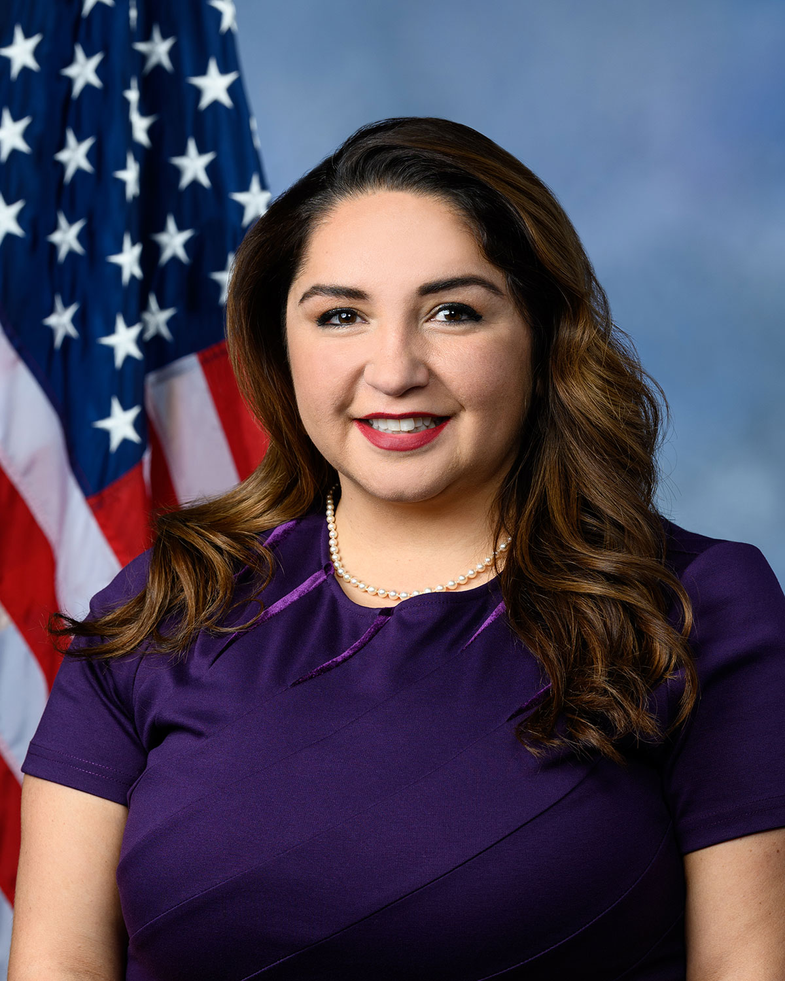
Co-Sponsor
-
TrackJamie Raskin
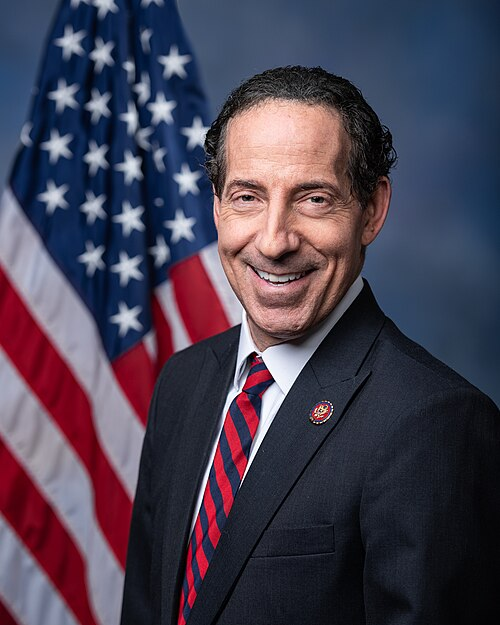
Co-Sponsor
-
TrackDeborah K. Ross
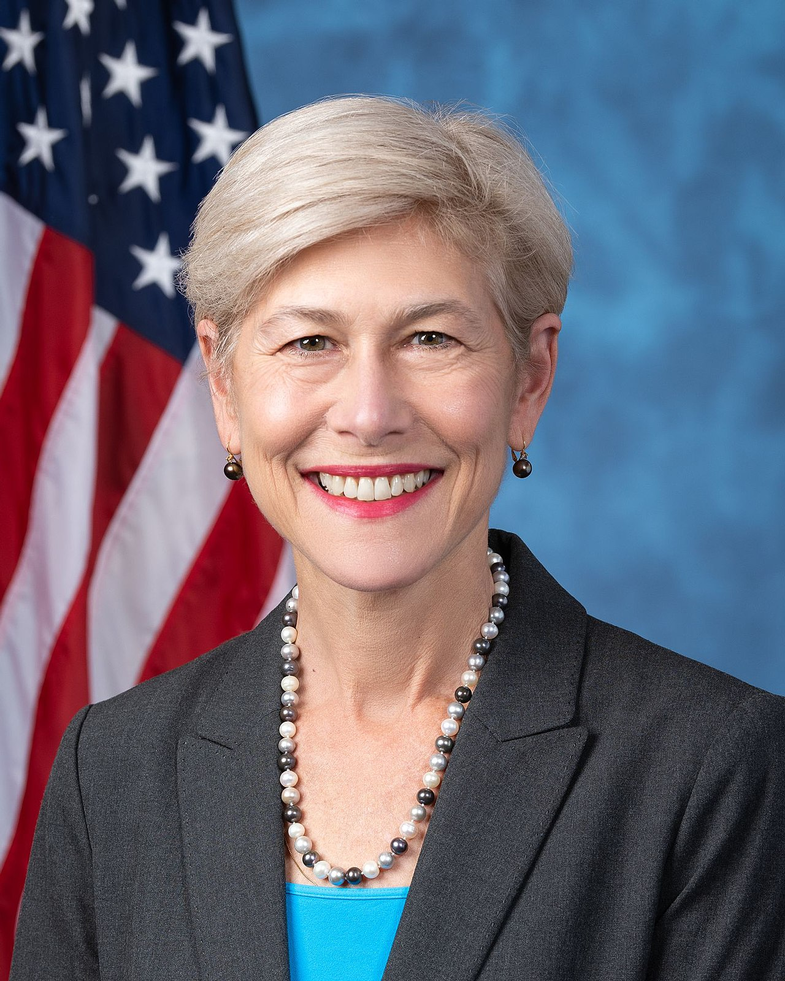
Co-Sponsor
-
TrackRaul Ruiz
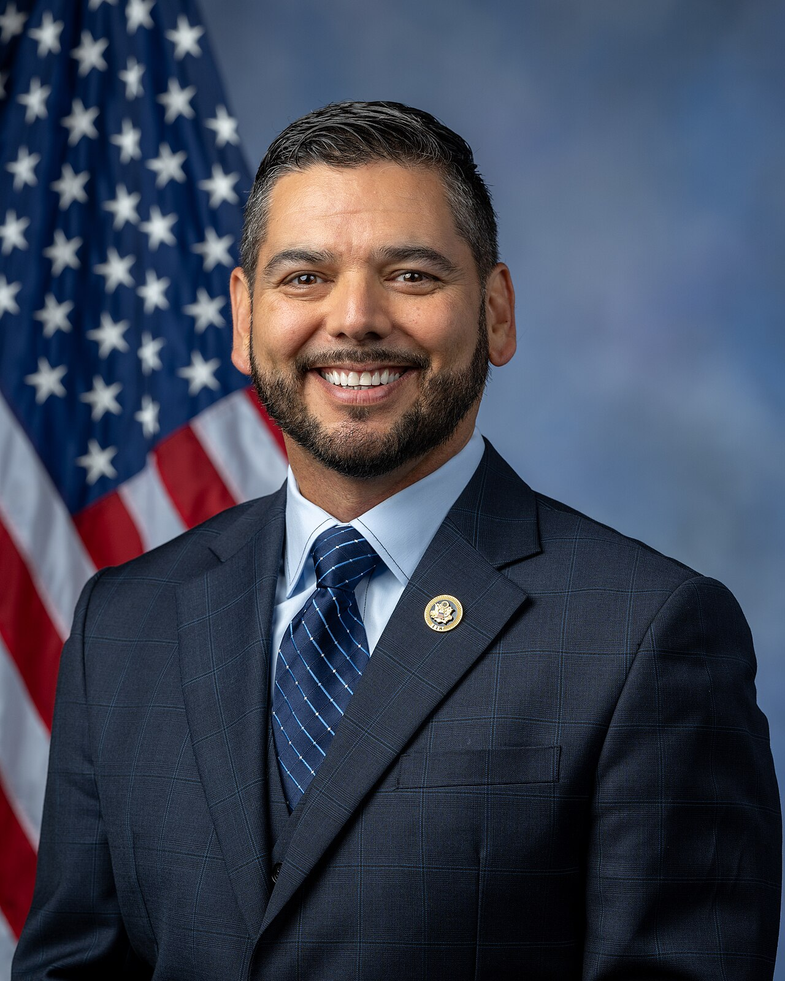
Co-Sponsor
-
TrackPatrick Ryan
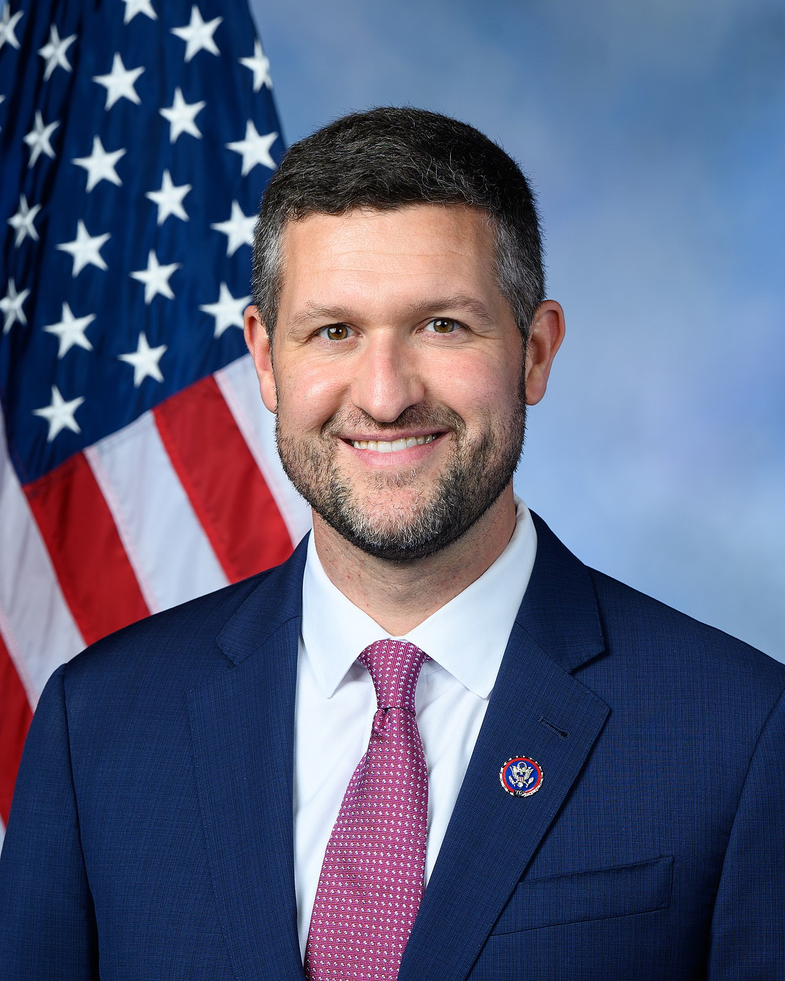
Co-Sponsor
-
TrackAndrea Salinas
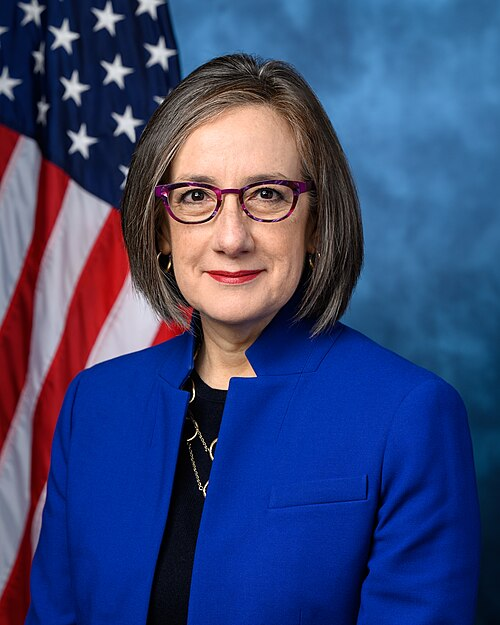
Co-Sponsor
-
TrackMary Gay Scanlon
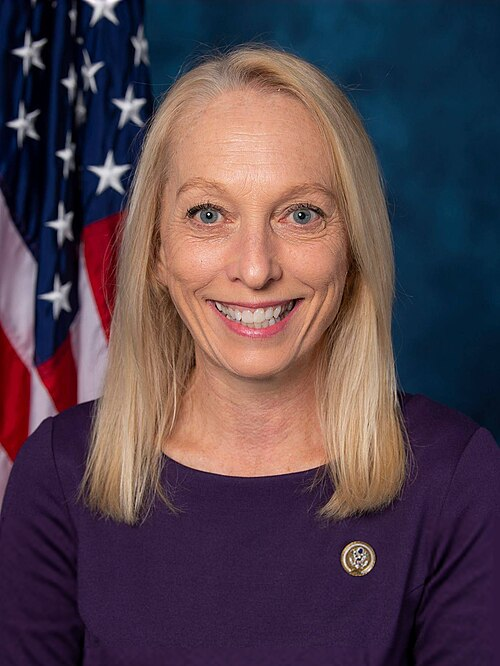
Co-Sponsor
-
TrackJanice D. Schakowsky

Co-Sponsor
-
TrackDavid Scott

Co-Sponsor
-
TrackTerri A. Sewell
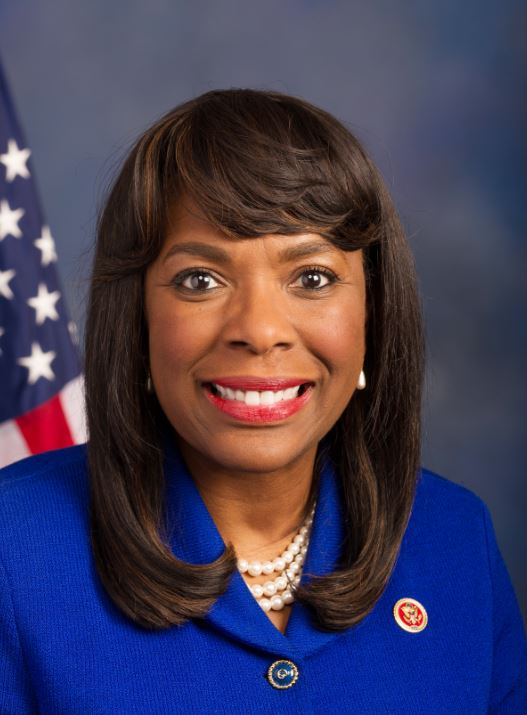
Co-Sponsor
-
TrackBrad Sherman
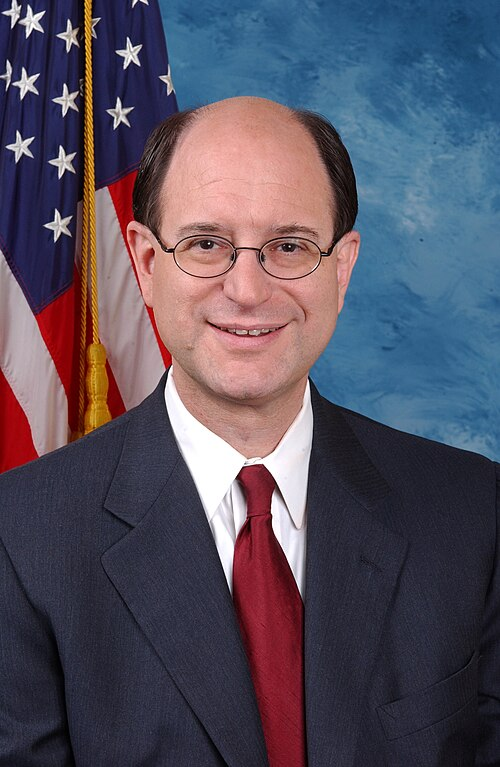
Co-Sponsor
-
TrackMikie Sherrill
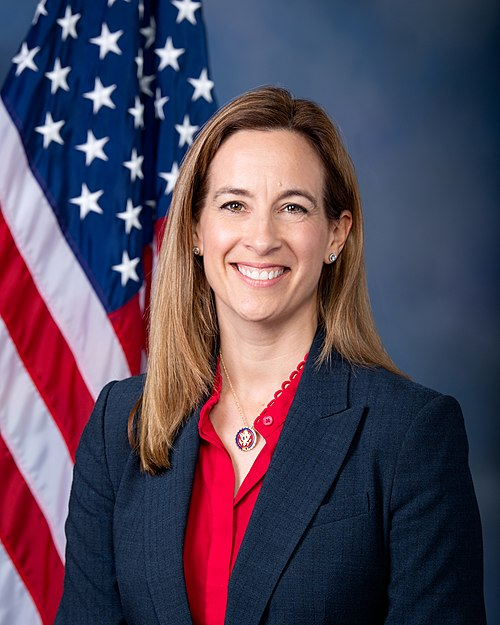
Co-Sponsor
-
TrackLateefah Simon
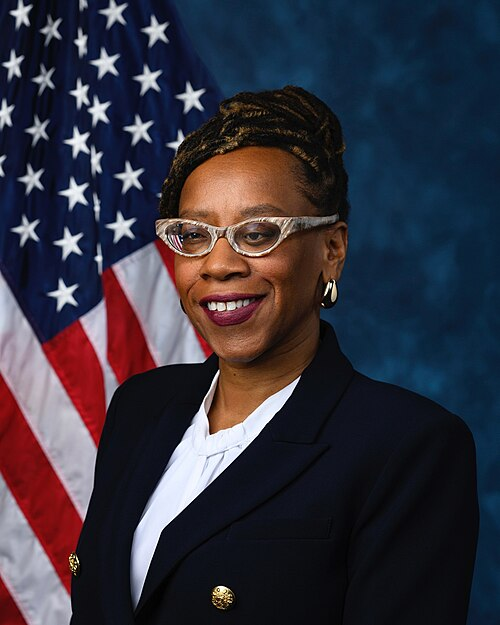
Co-Sponsor
-
TrackAdam Smith
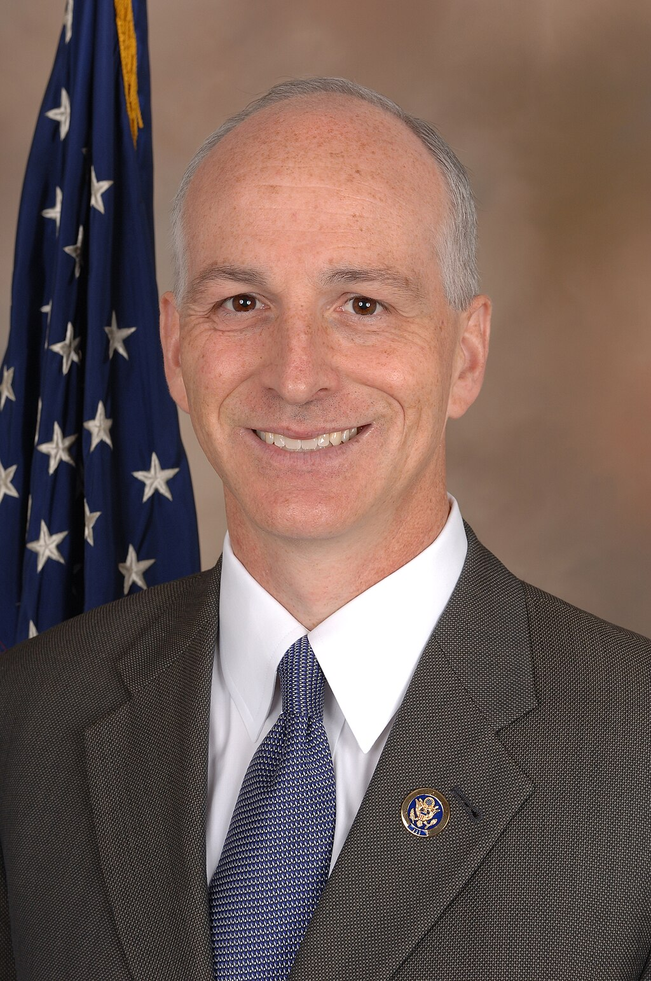
Co-Sponsor
-
TrackEric Sorensen
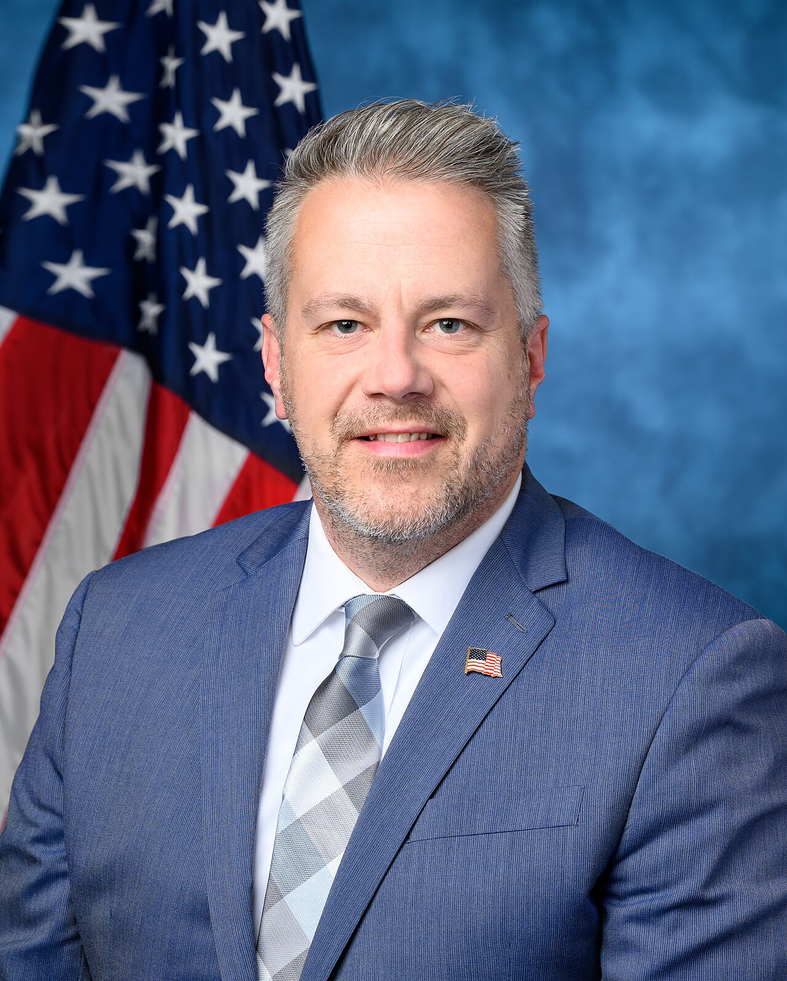
Co-Sponsor
-
TrackDarren Soto
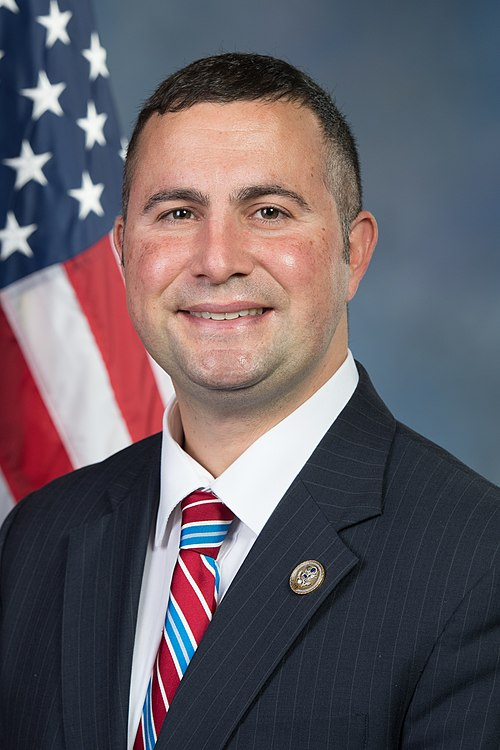
Co-Sponsor
-
TrackMelanie A. Stansbury
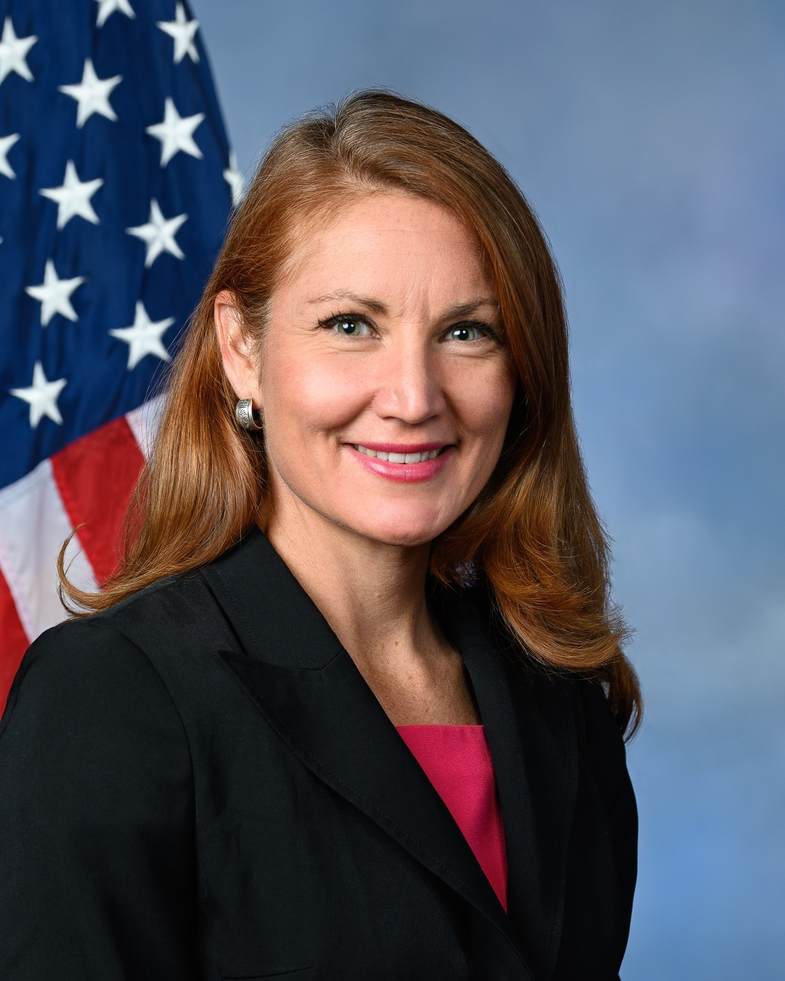
Co-Sponsor
-
TrackThomas R. Suozzi

Co-Sponsor
-
TrackEric Swalwell
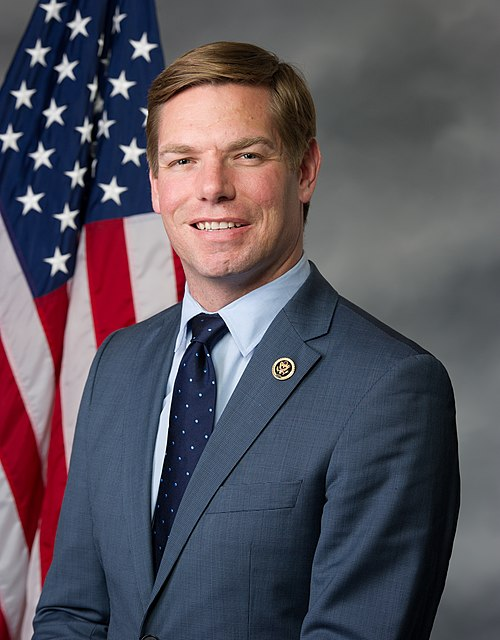
Co-Sponsor
-
TrackEmilia Strong Sykes
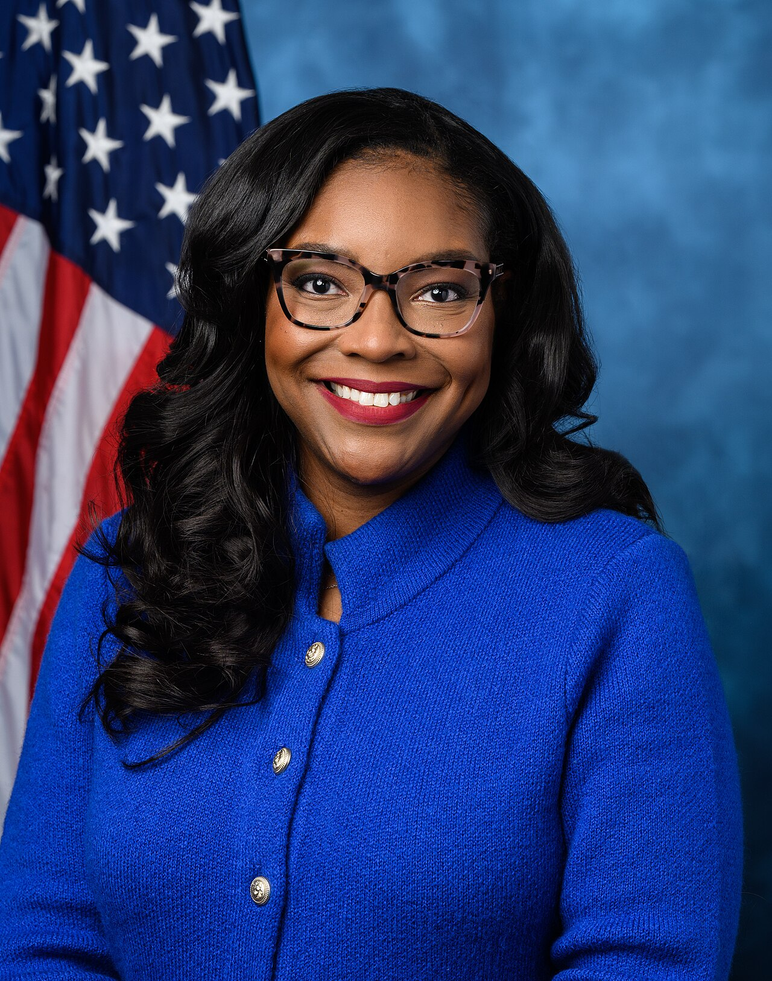
Co-Sponsor
-
TrackLinda T. Sánchez
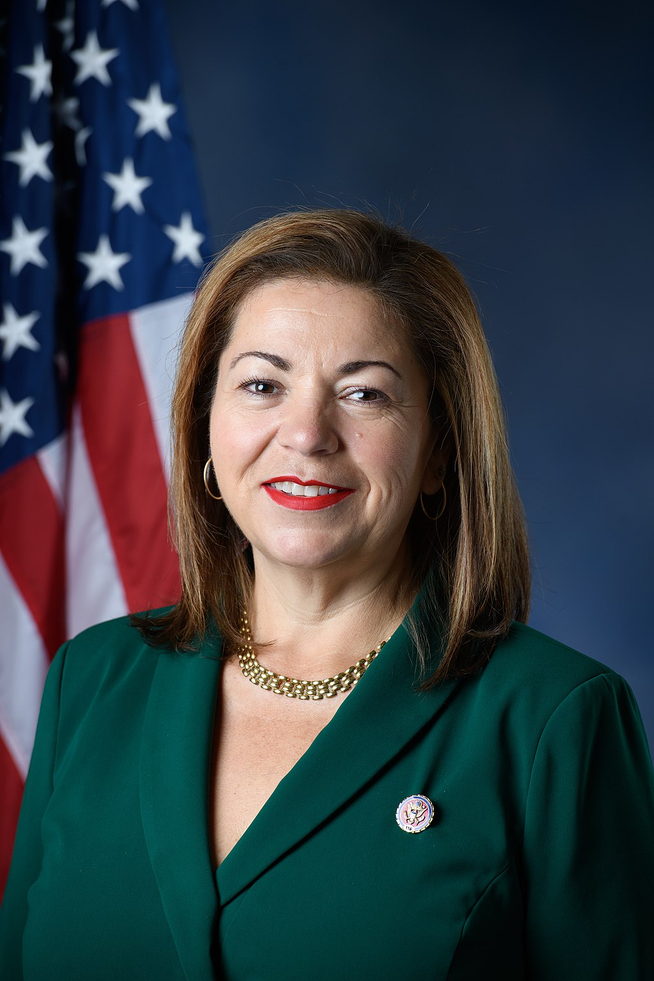
Co-Sponsor
-
TrackMark Takano
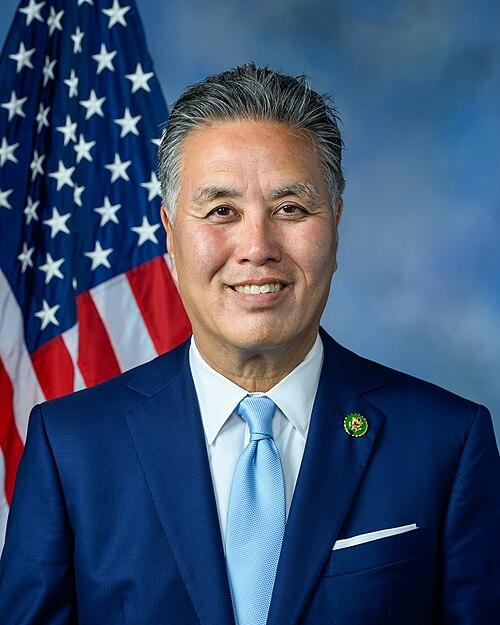
Co-Sponsor
-
TrackShri Thanedar

Co-Sponsor
-
TrackBennie G. Thompson
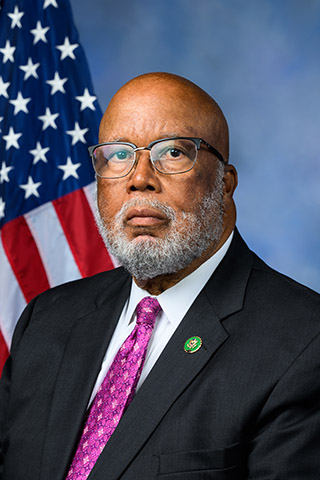
Co-Sponsor
-
TrackDina Titus
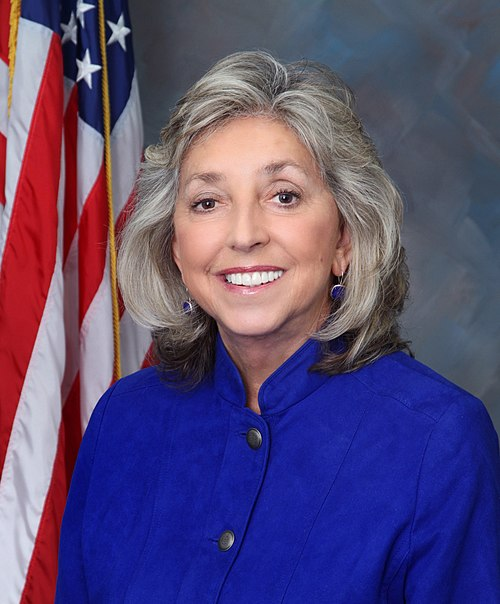
Co-Sponsor
-
TrackRashida Tlaib
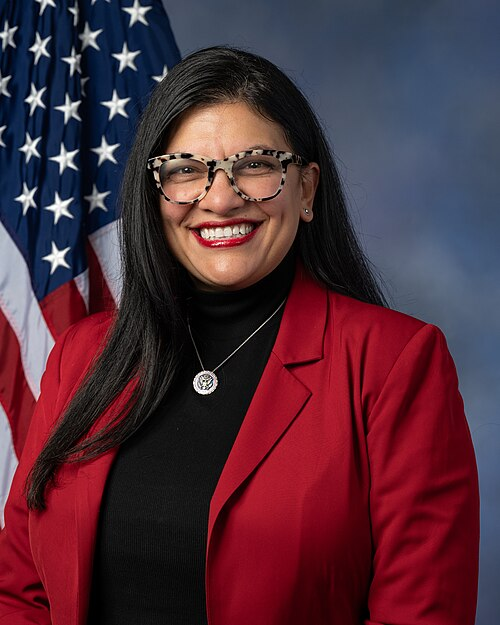
Co-Sponsor
-
TrackPaul Tonko
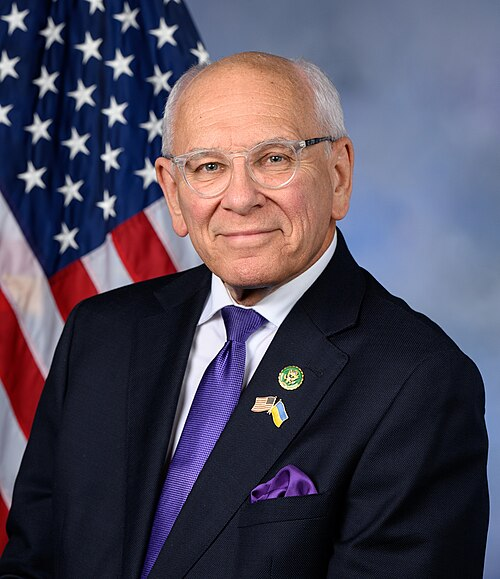
Co-Sponsor
-
TrackJuan Vargas
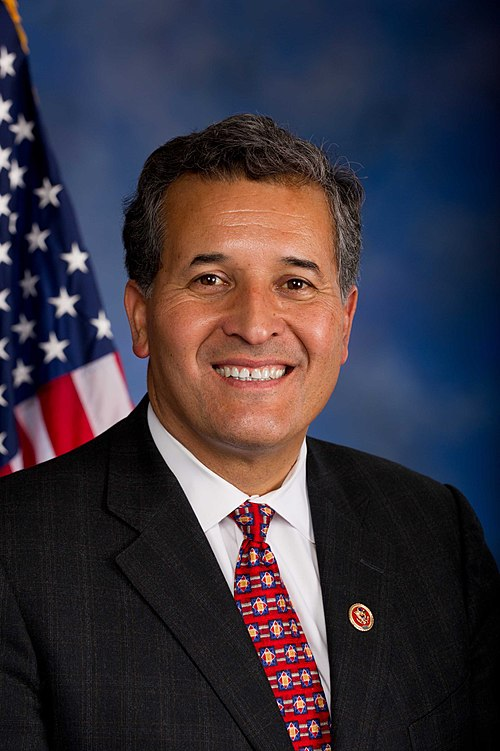
Co-Sponsor
-
TrackGabe Vasquez
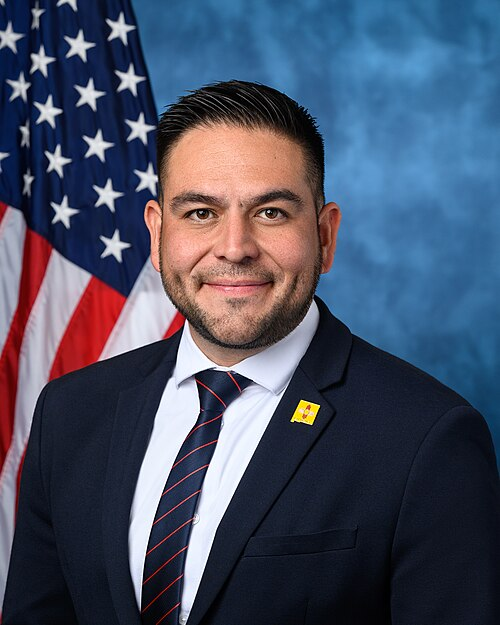
Co-Sponsor
-
TrackMarc A. Veasey
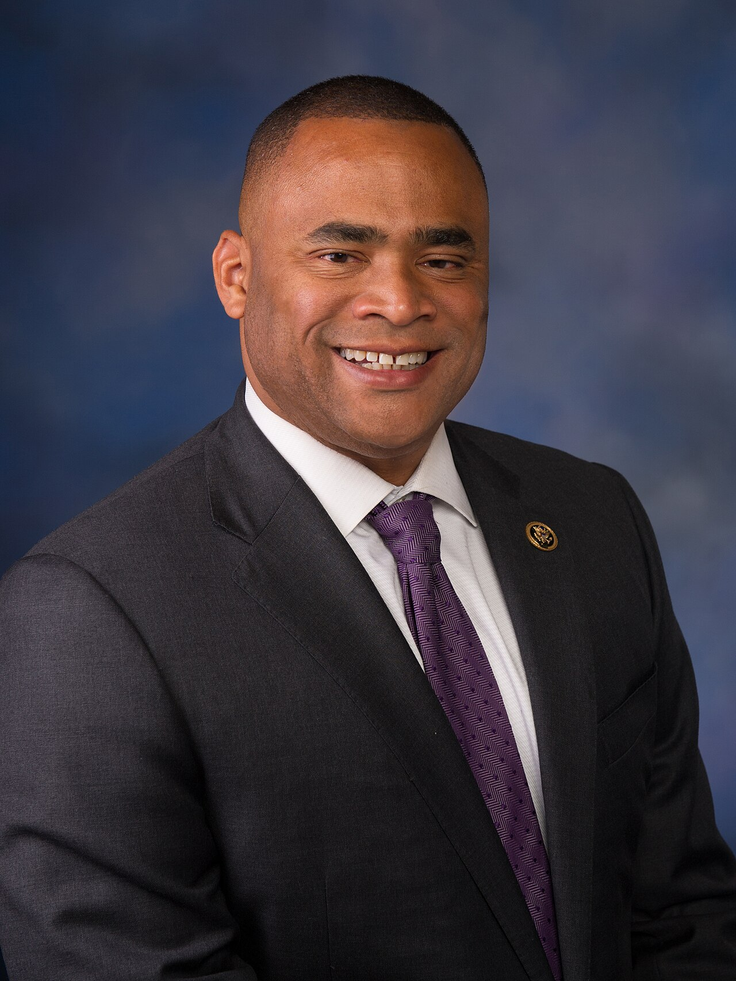
Co-Sponsor
-
TrackNydia M. Velázquez
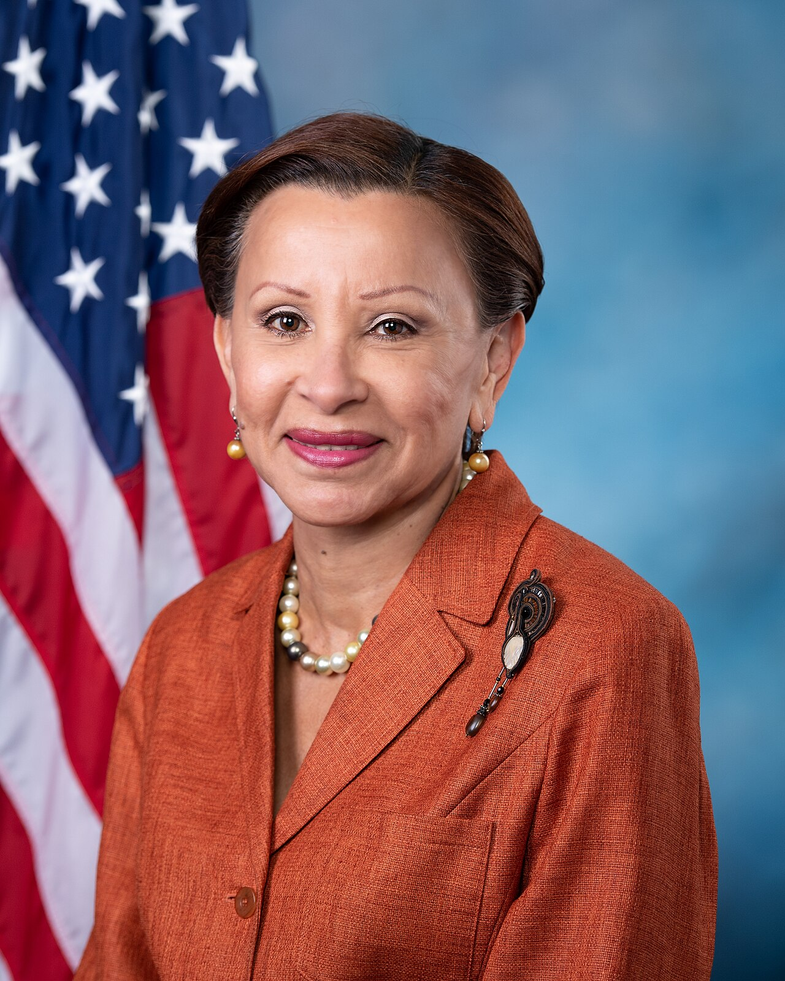
Co-Sponsor
-
TrackMaxine Waters
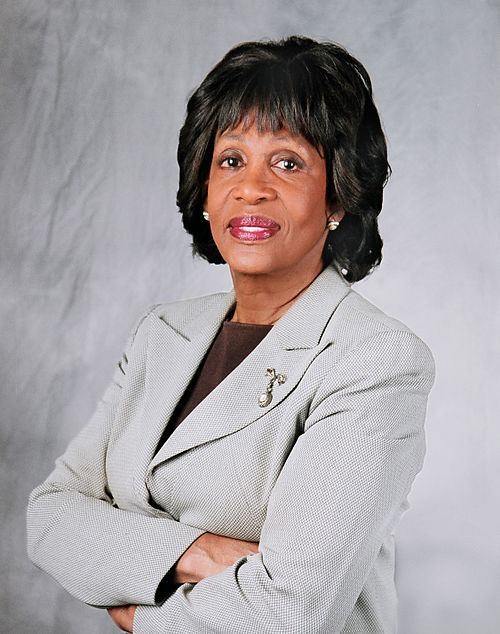
Co-Sponsor
-
TrackBonnie Watson Coleman
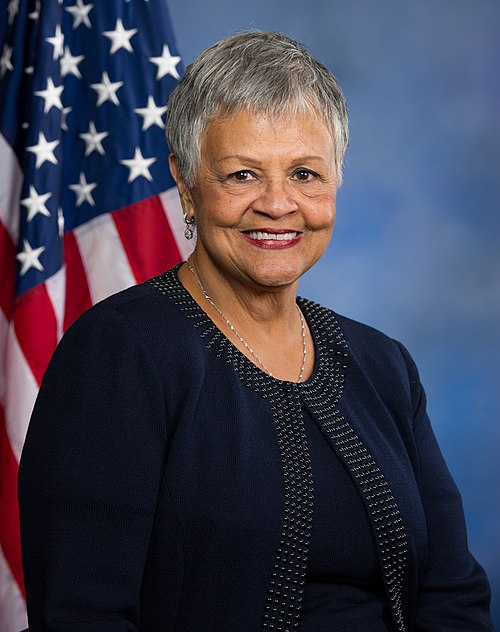
Co-Sponsor
-
TrackNikema Williams
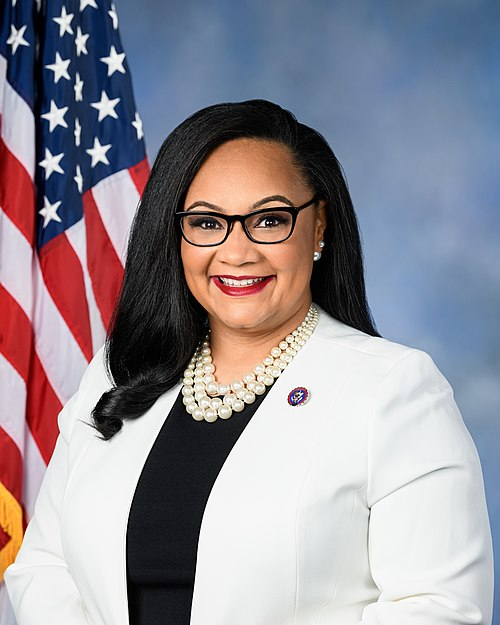
Co-Sponsor
-
TrackFrederica S. Wilson
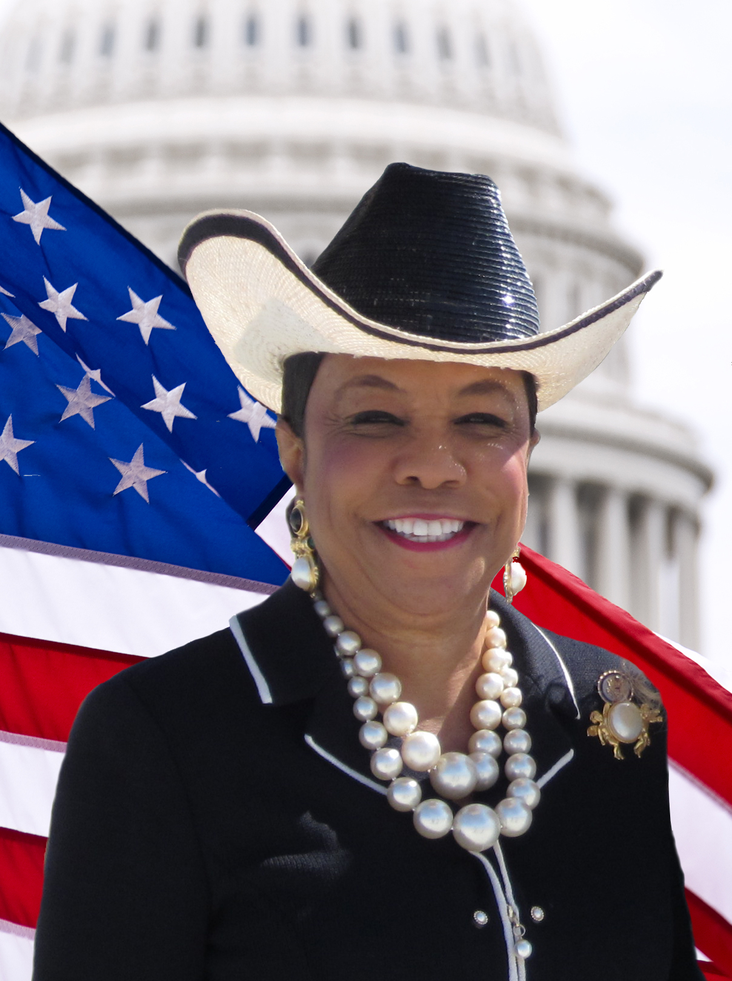
Co-Sponsor
Actions
2 actions
| Date | Action |
|---|---|
| May. 15, 2025 | Introduced in House |
| May. 15, 2025 | Referred to the House Committee on Transportation and Infrastructure. |
Corporate Lobbying
0 companies lobbying
None found.
* Note that there can be significant delays in lobbying disclosures, and our data may be incomplete.









